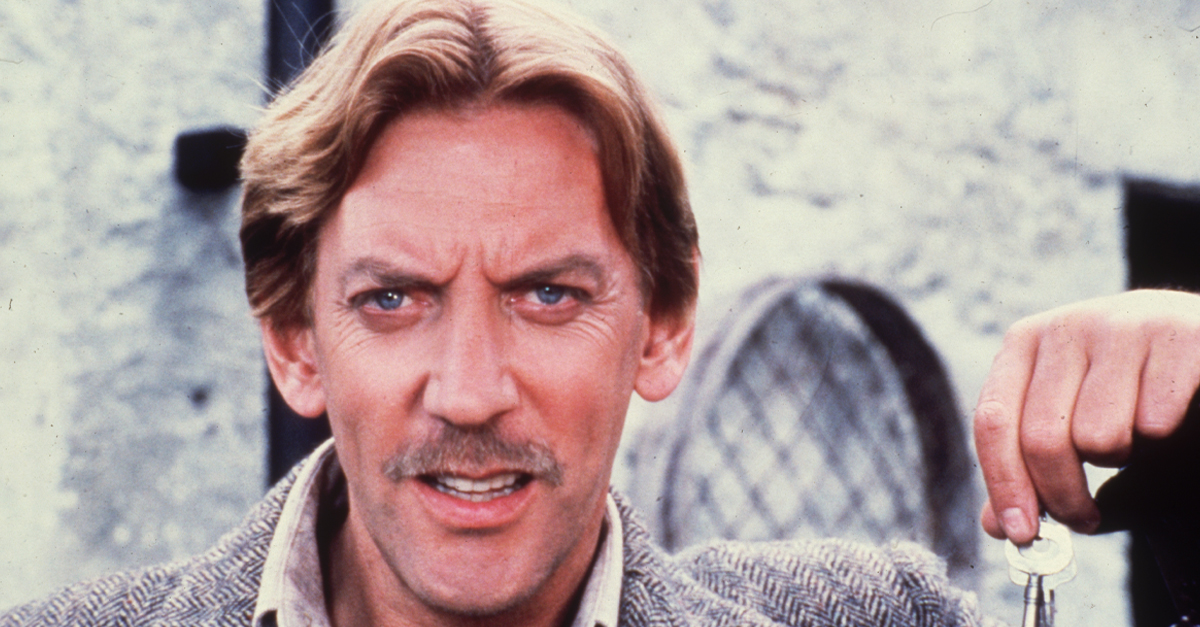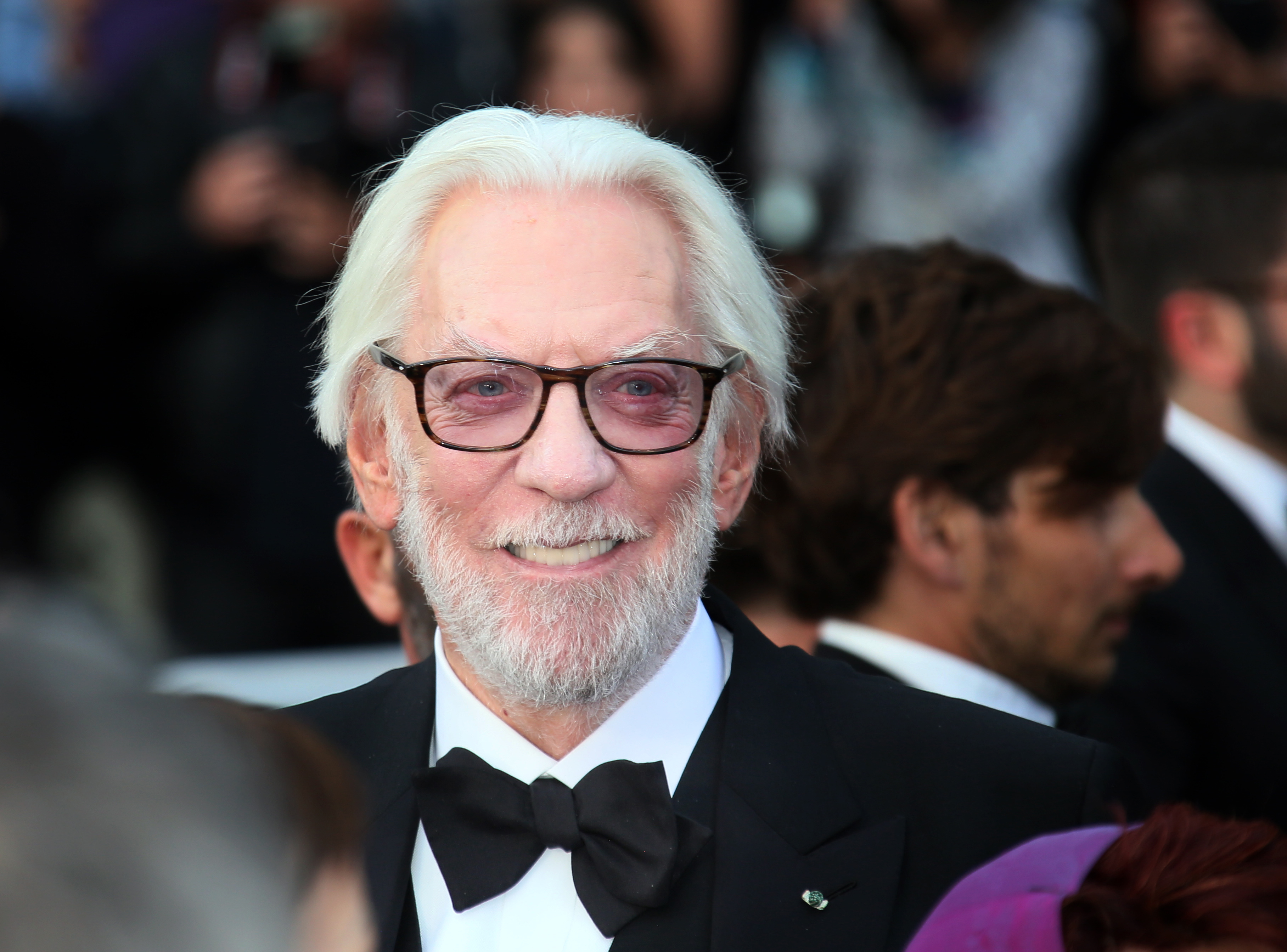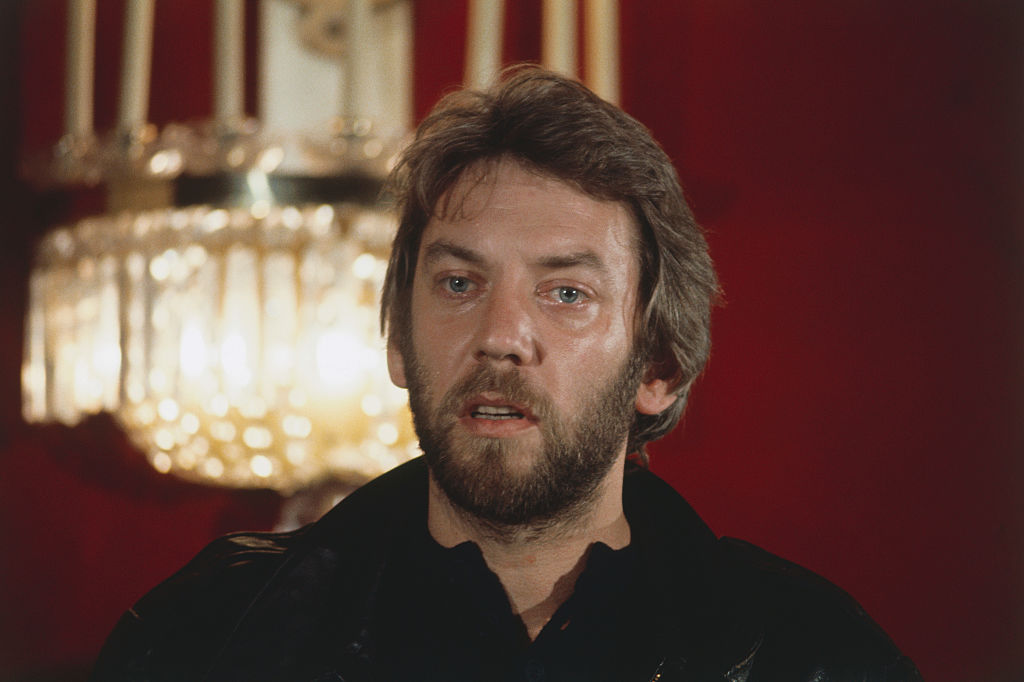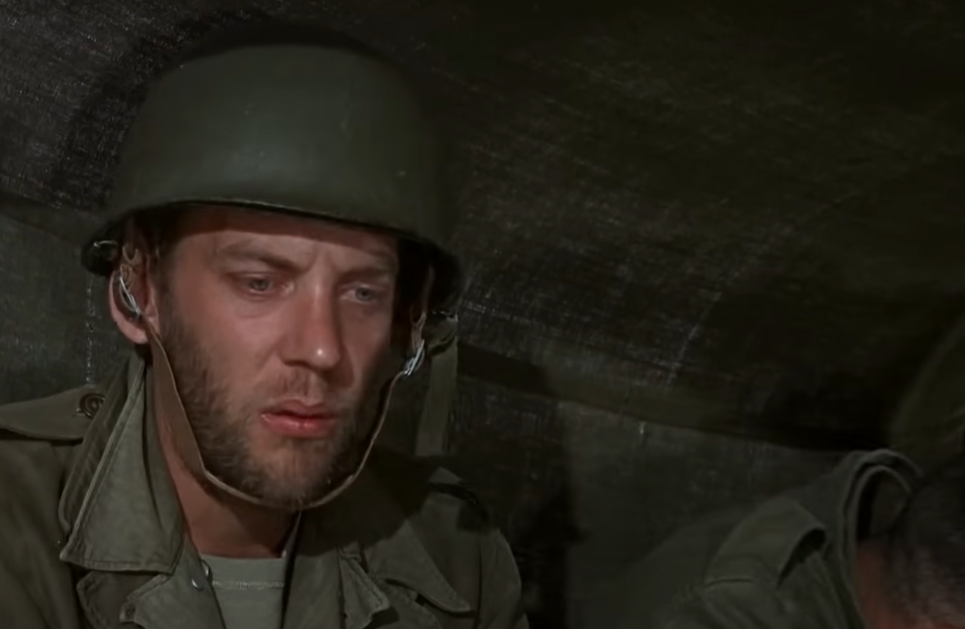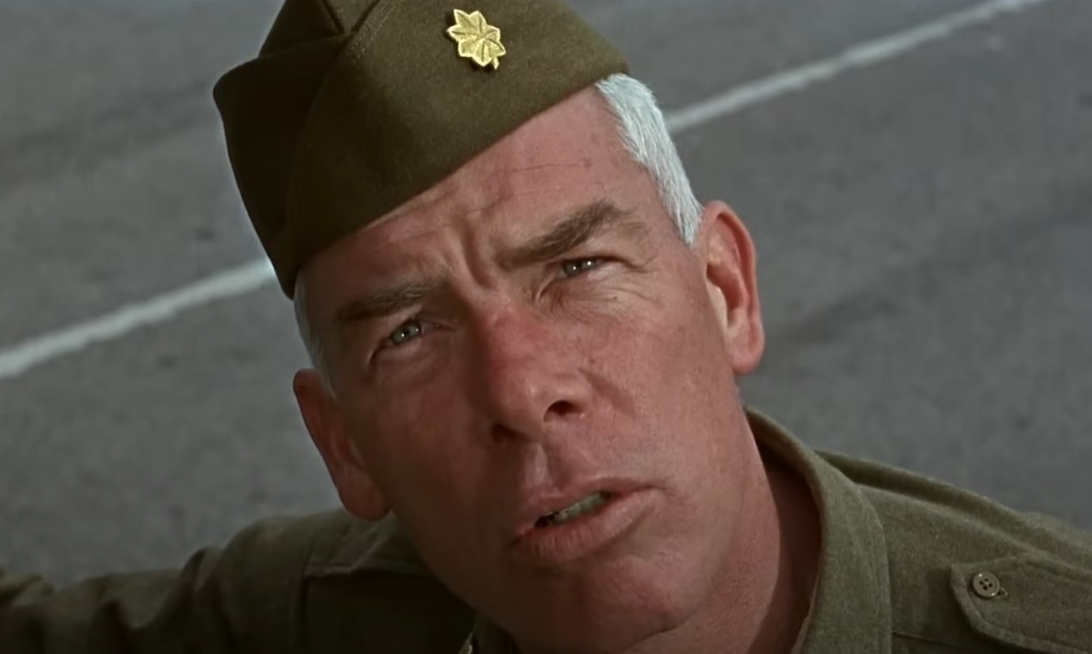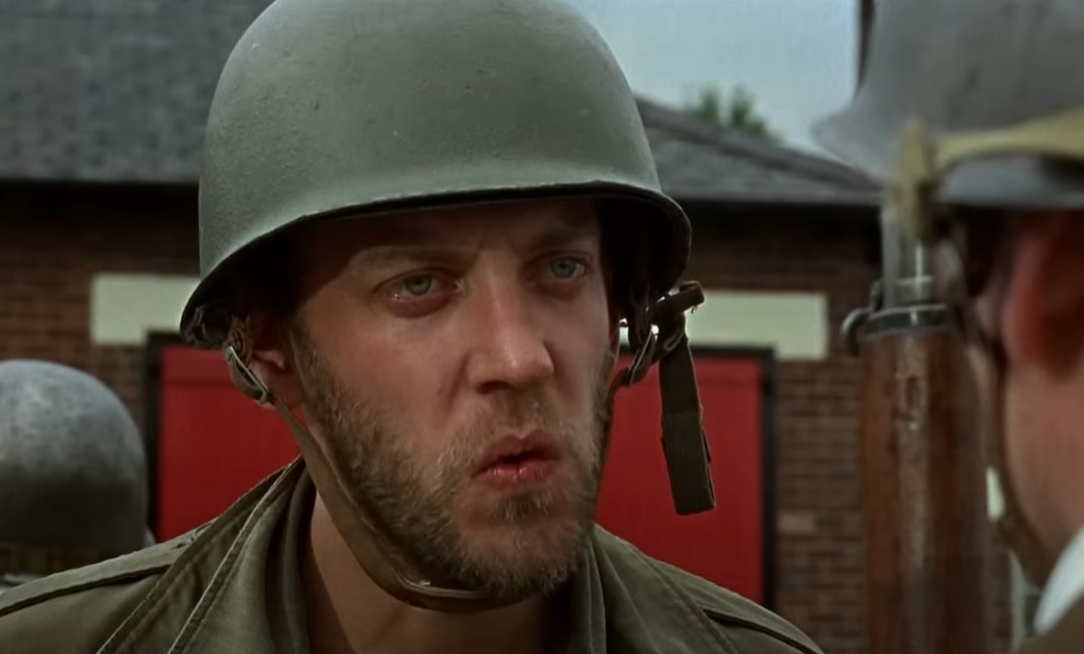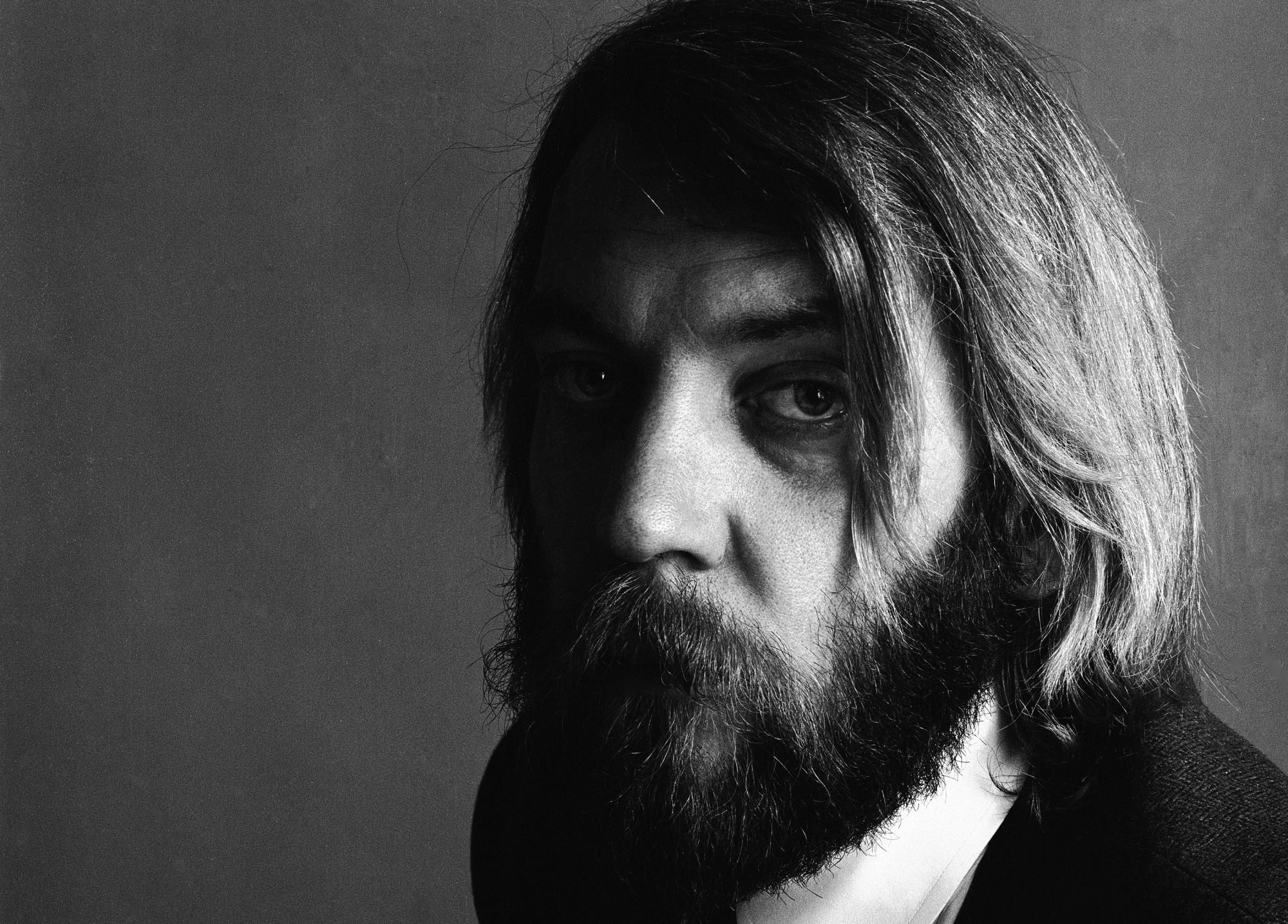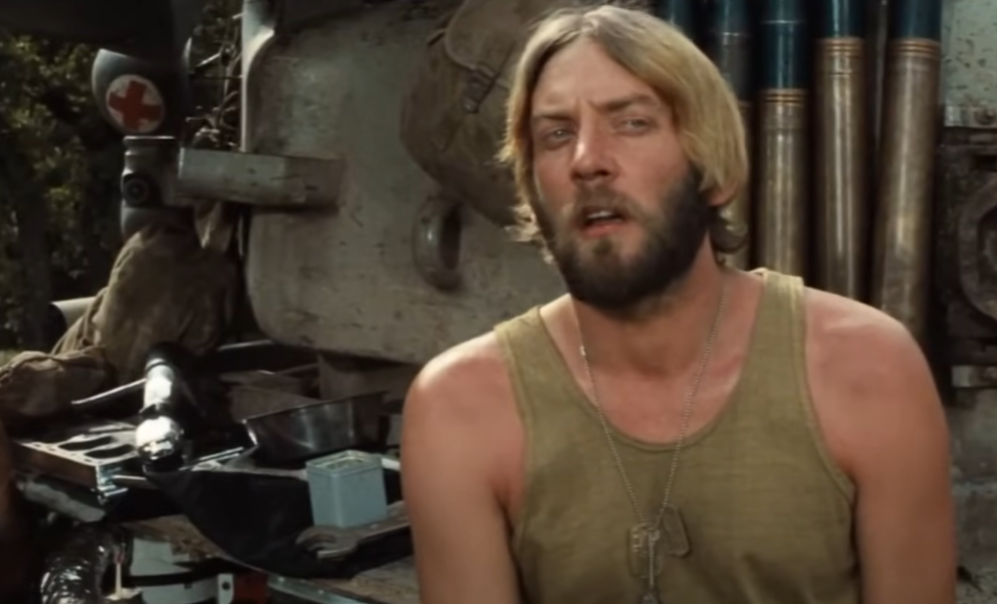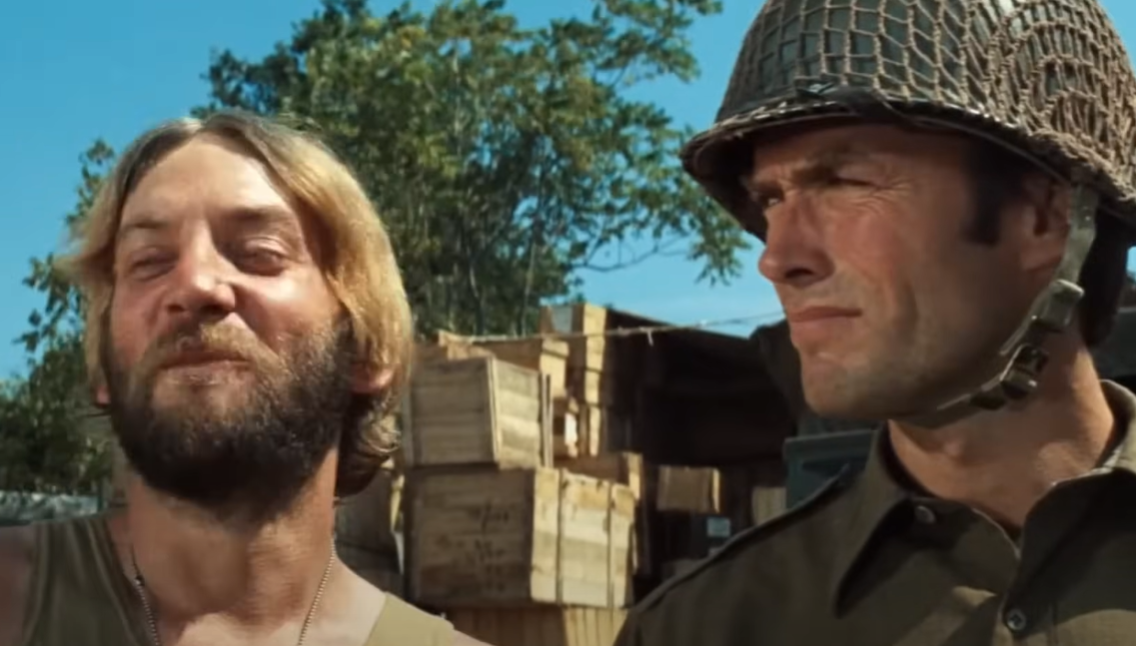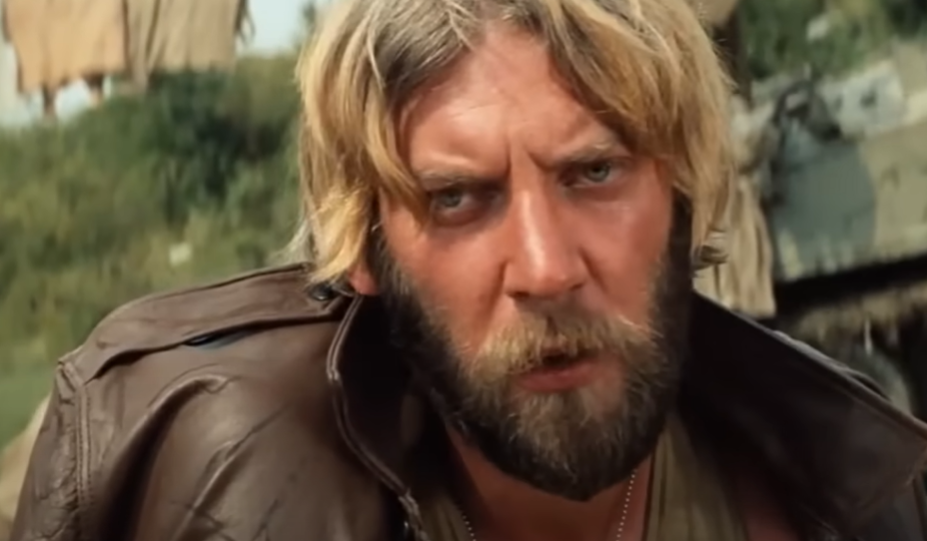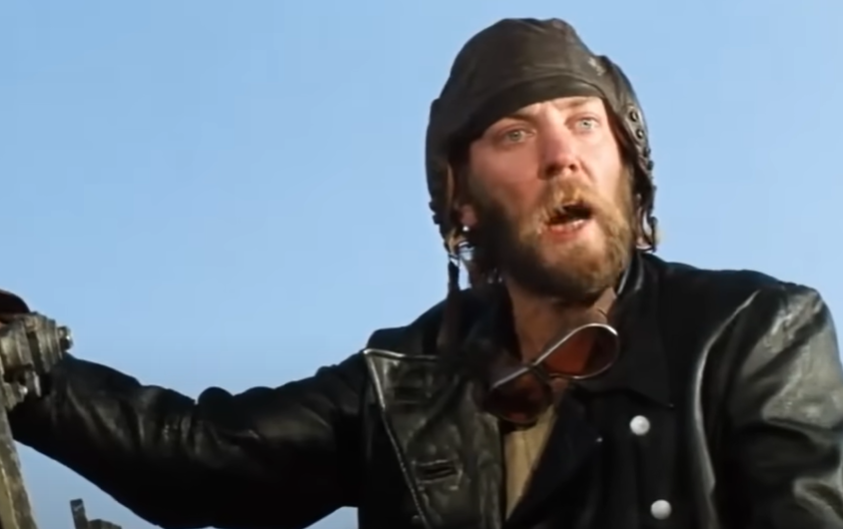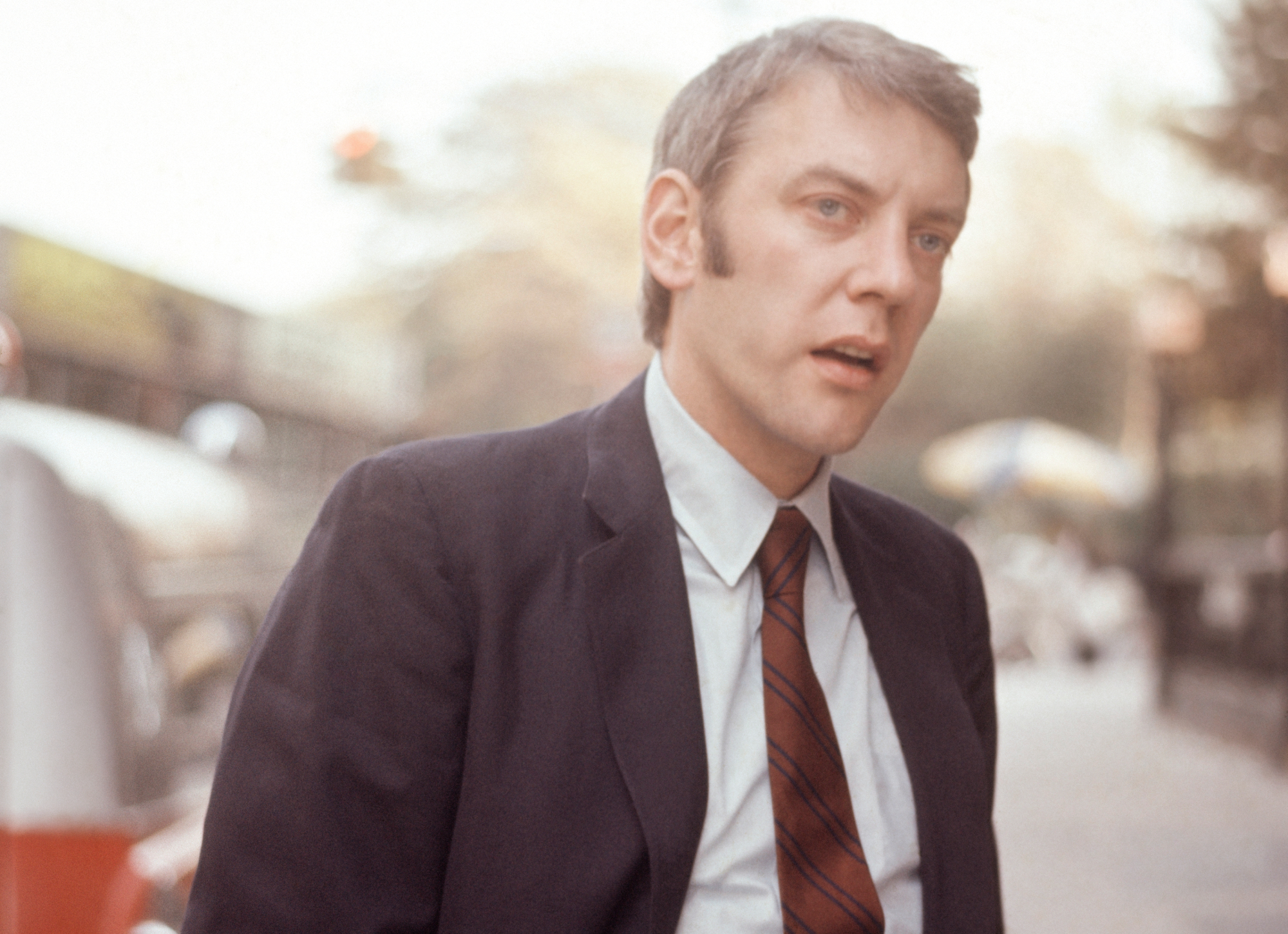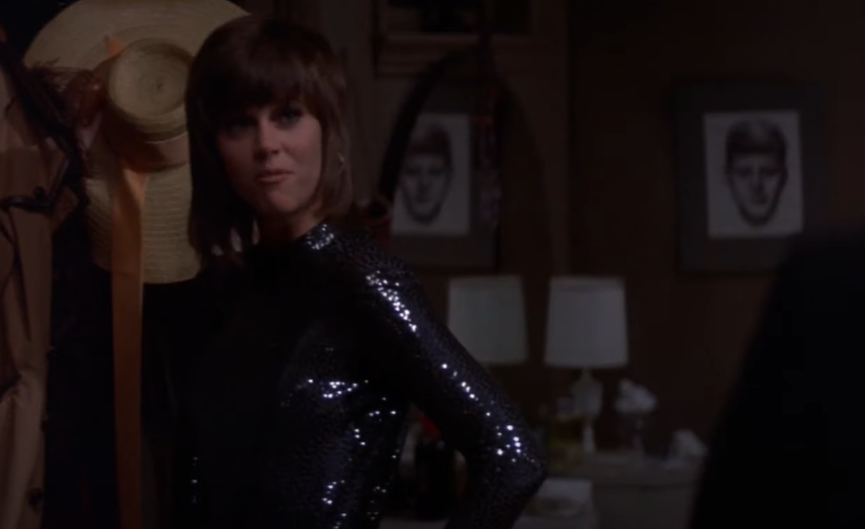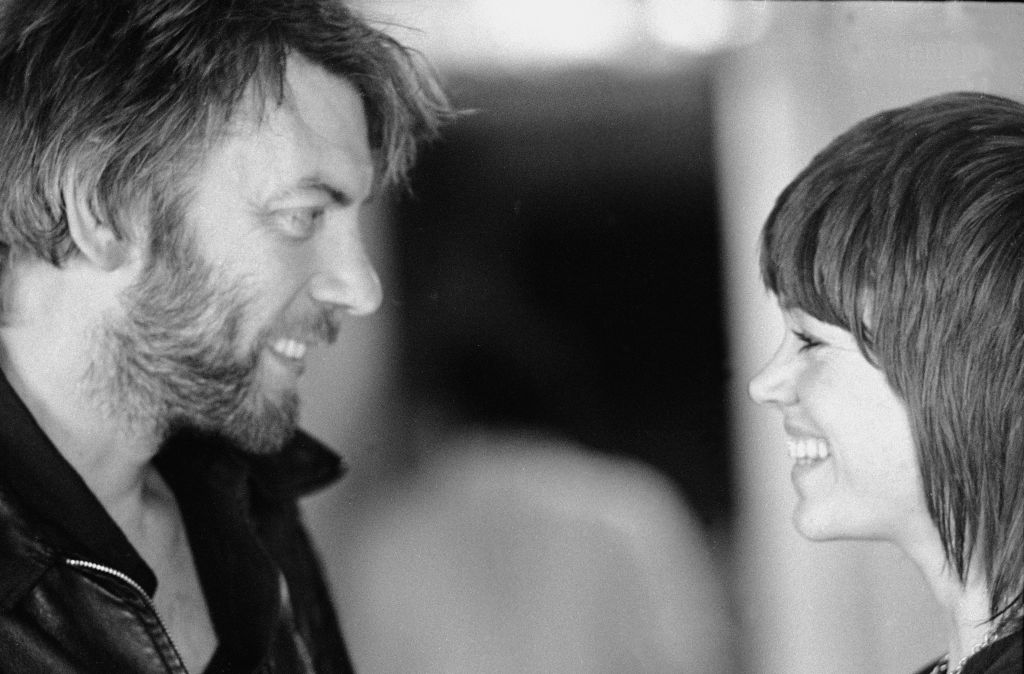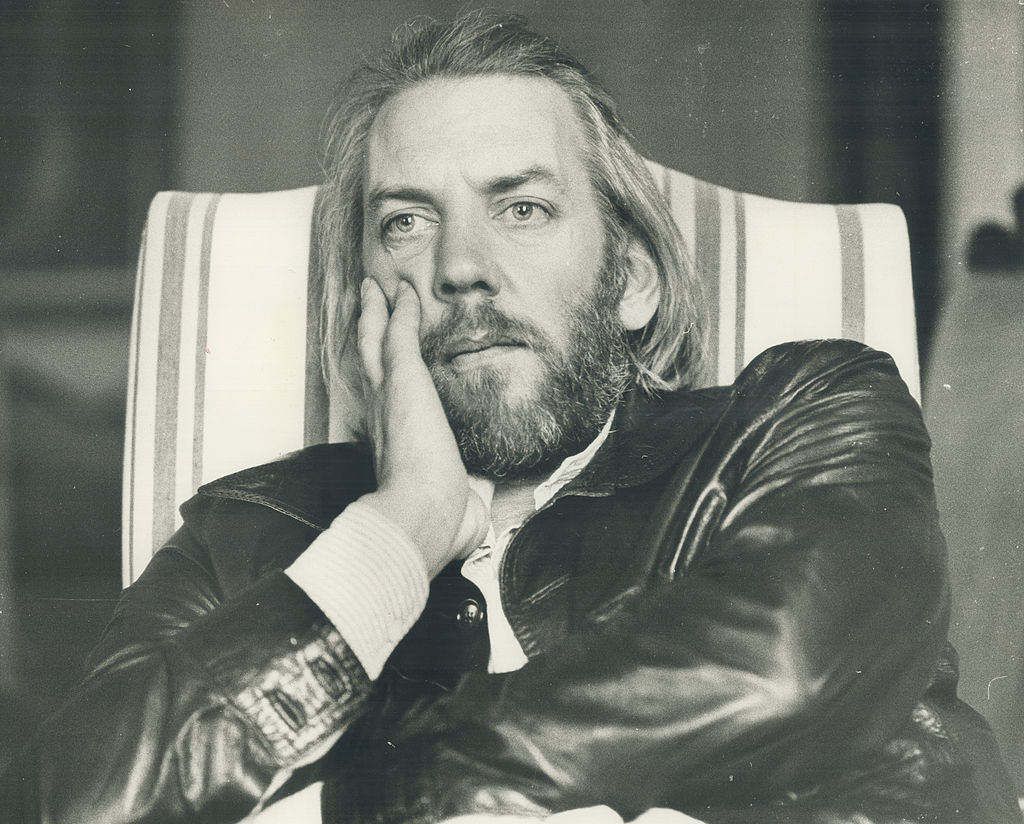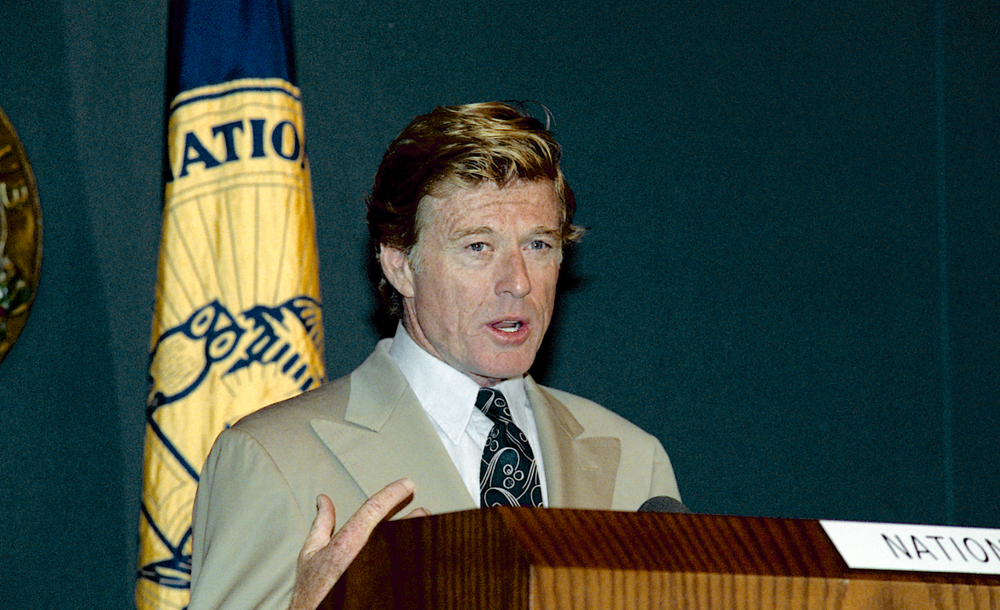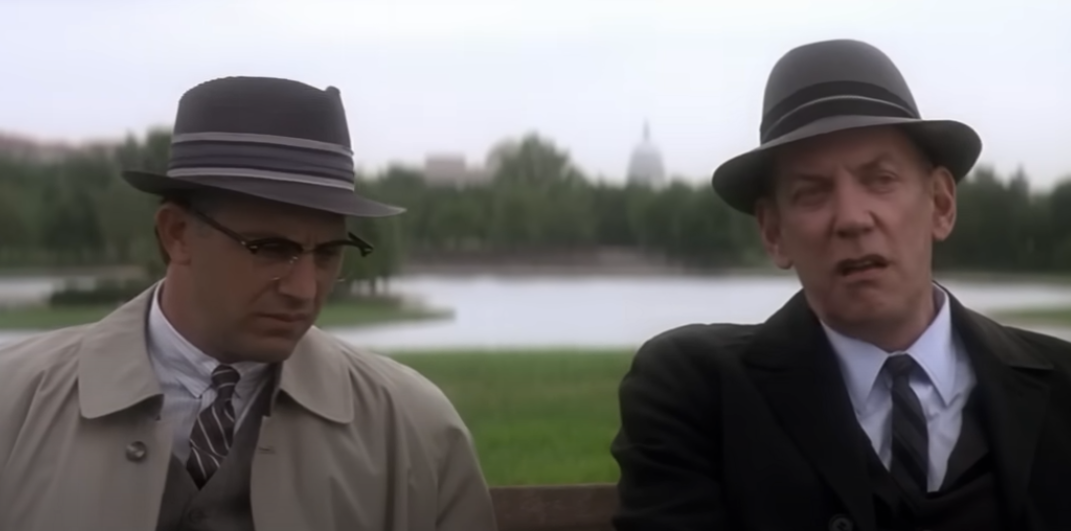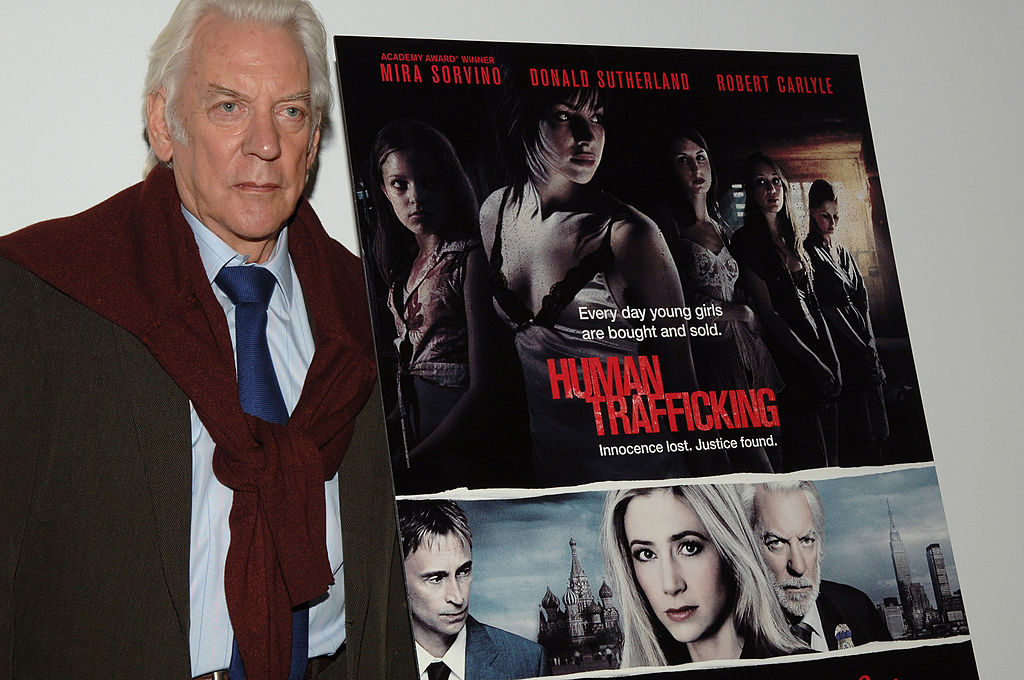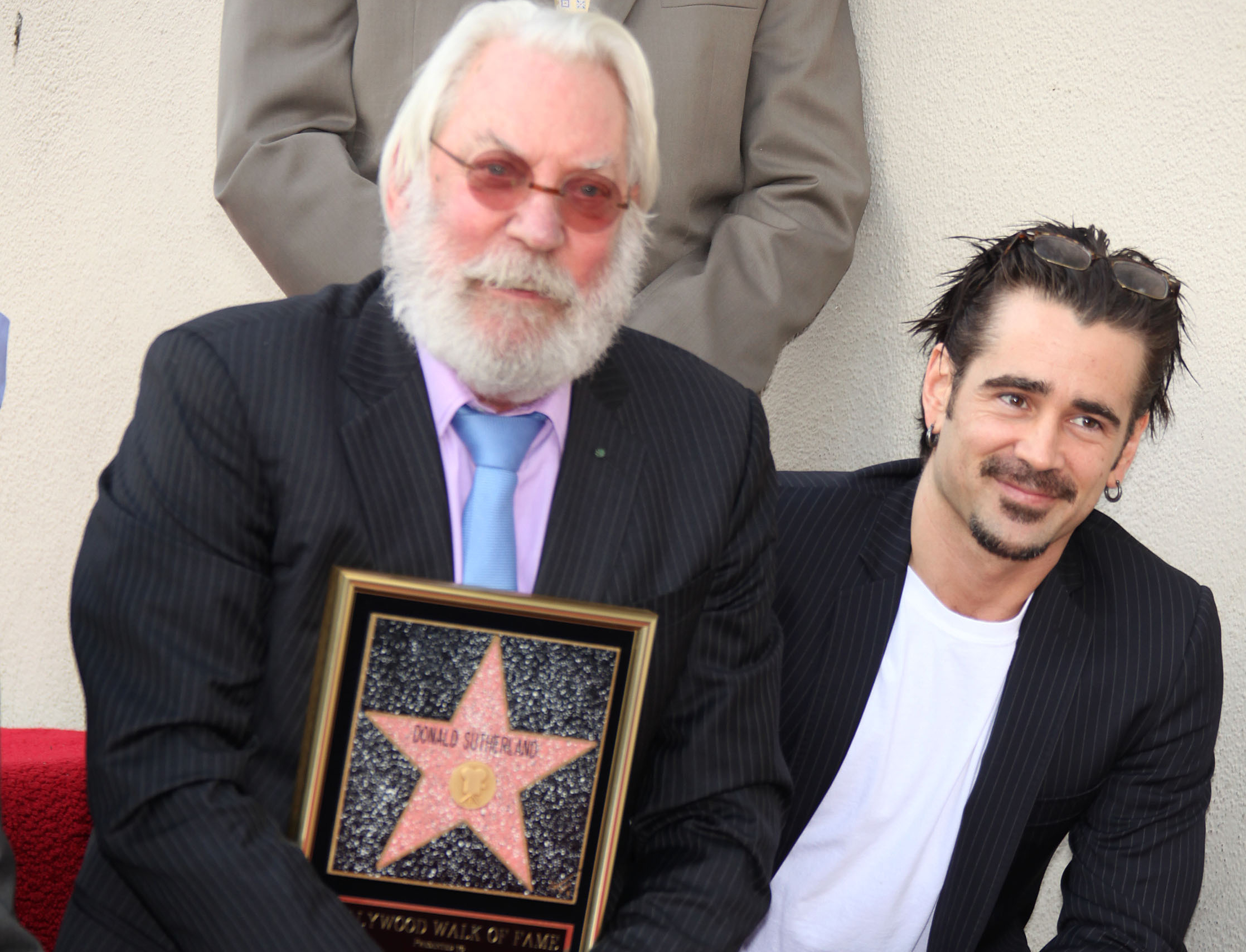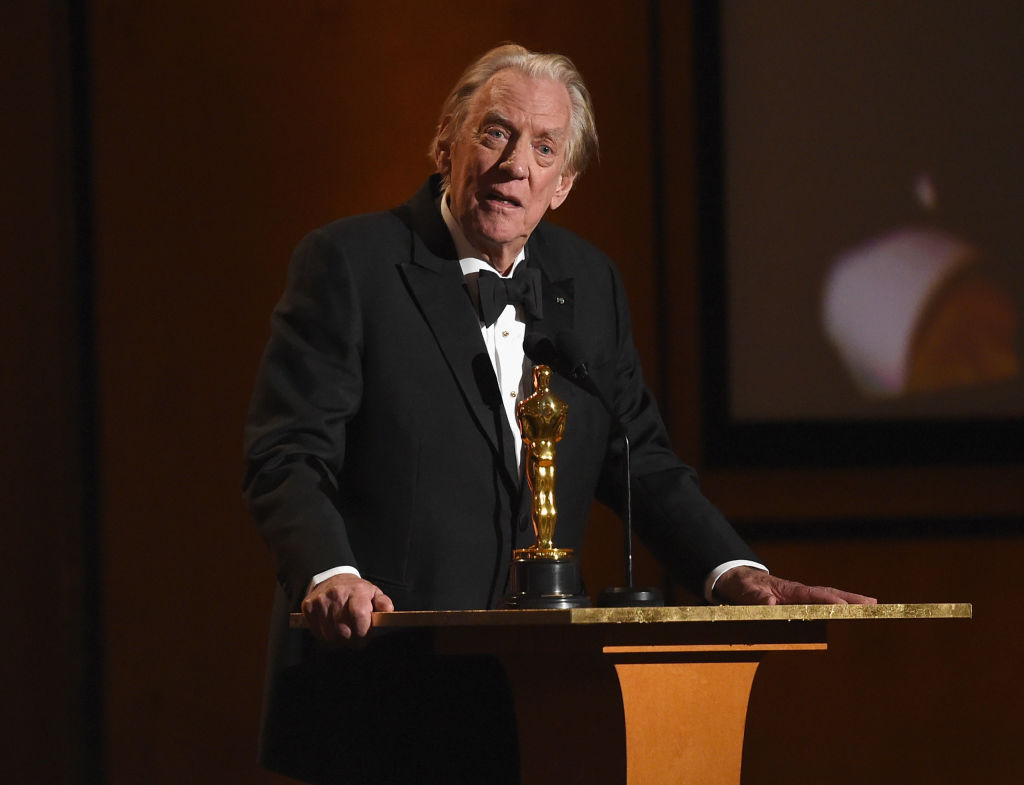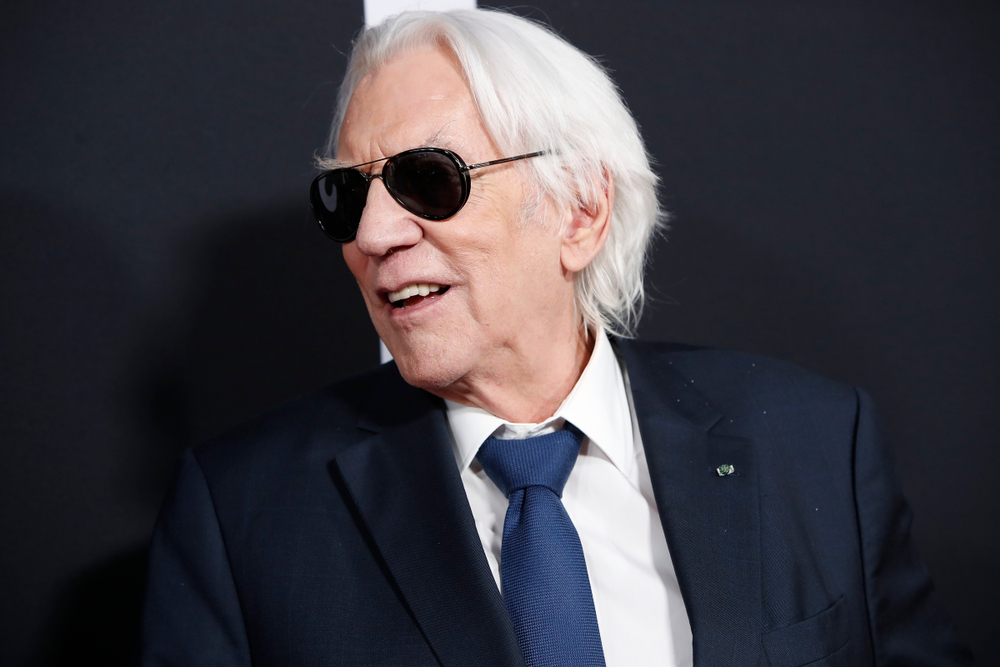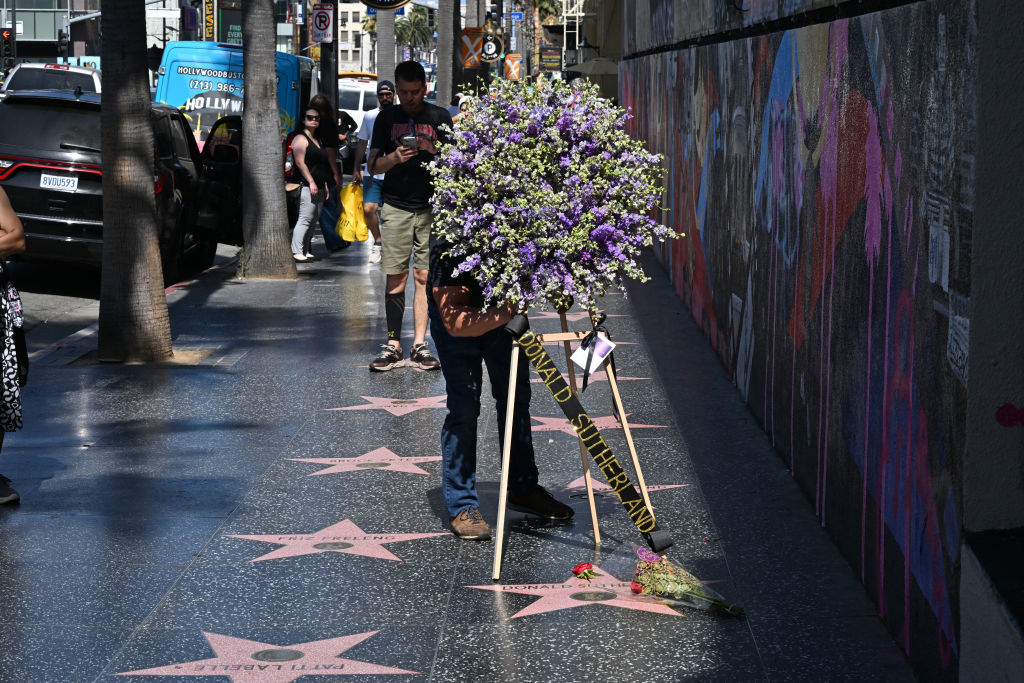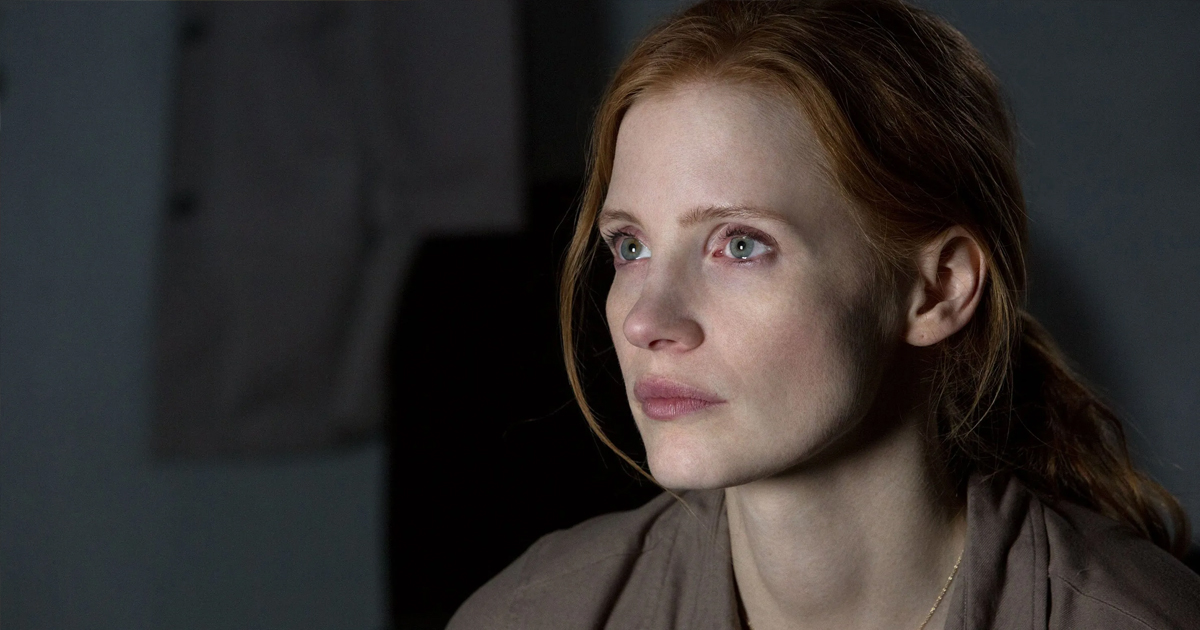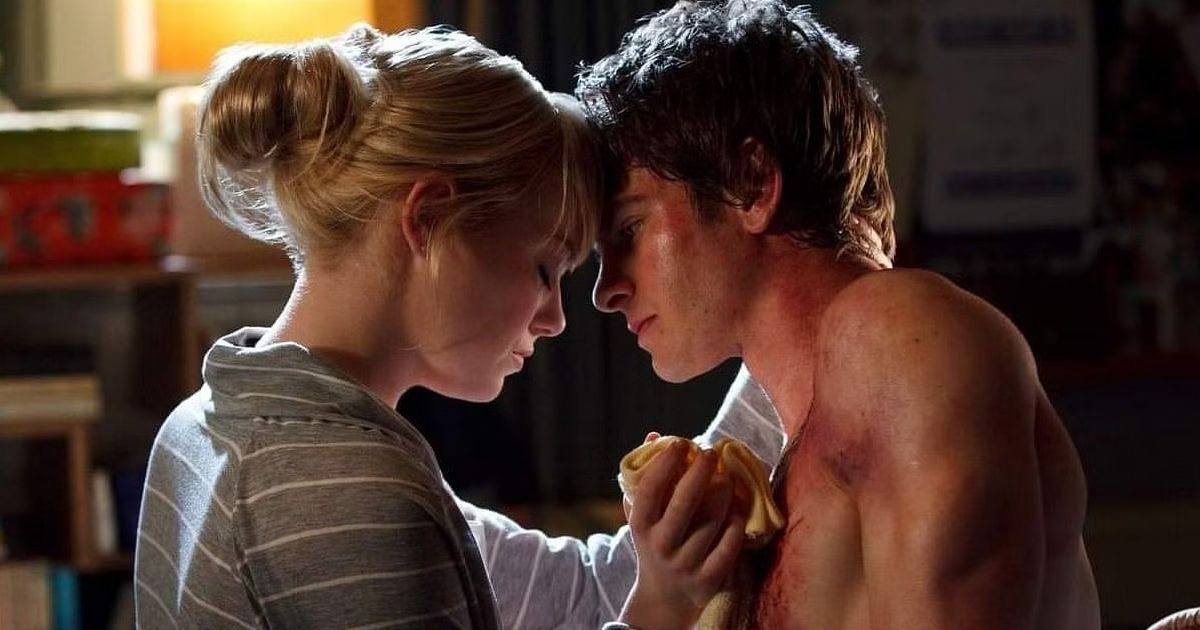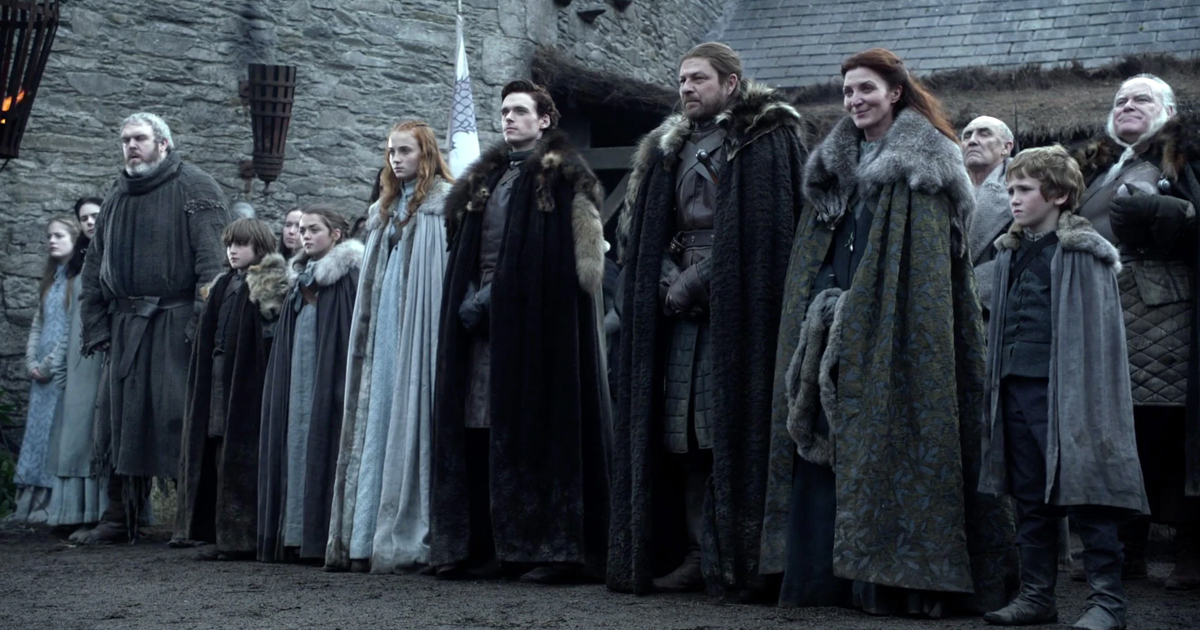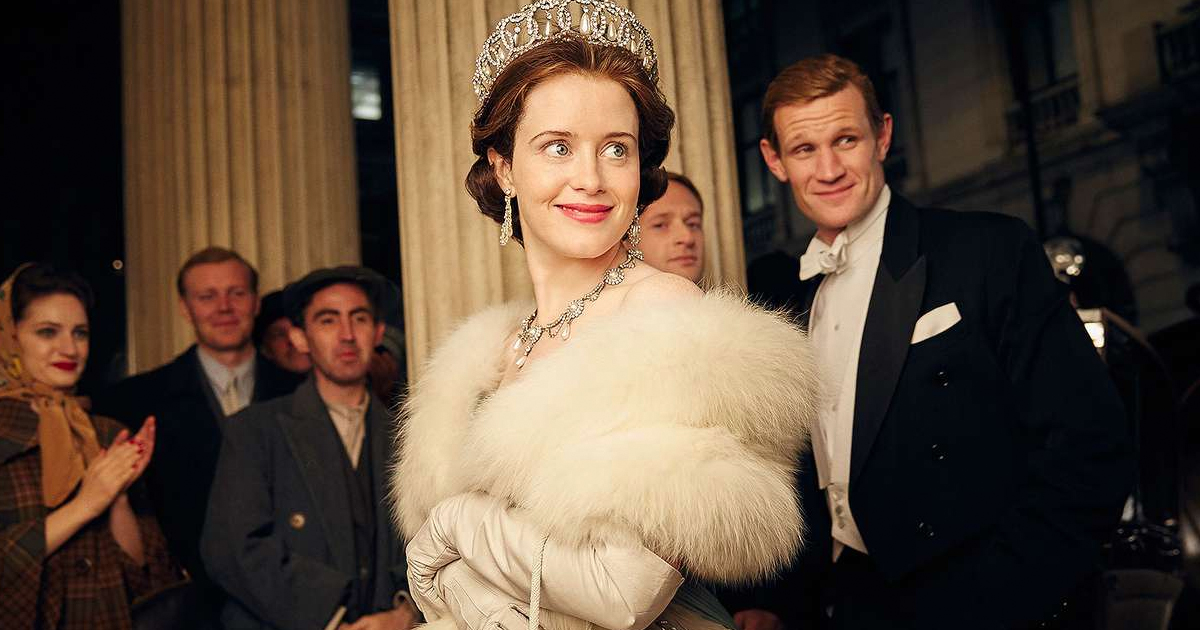The Unsung Actor
Donald Sutherland spent decades wowing audiences with his skill and bravery, so it doesn't make sense that throughout his career, he never won an Oscar. But there may be a startling reason why the academy snubbed him.
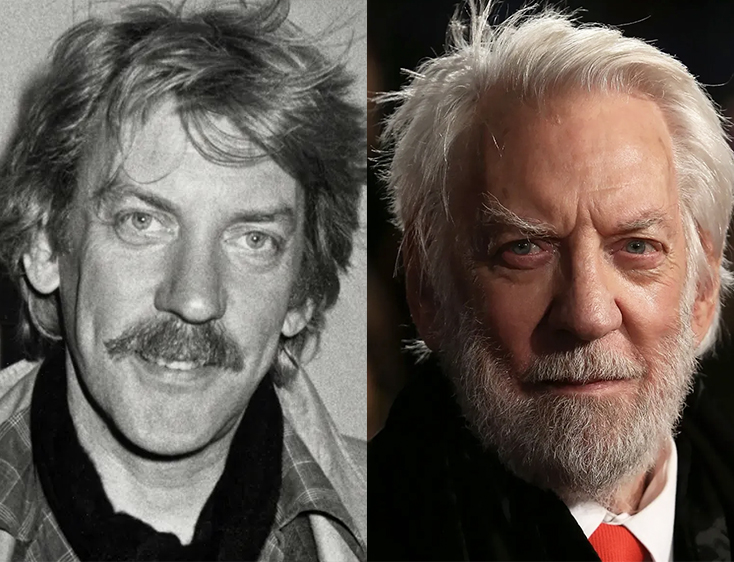
1. He Was An Icon
Donald Sutherland has been in some of America’s most iconic movies. There was the supercharged drama of JFK, the thought provoking M*A*S*H, and even the knee slapping hilarity of National Lampoon’s Animal House. With these films he may seem about as American as apple pie, but Donald Sutherland was a proud Canadian.
So how does a country boy from rural Canada become an international icon? For Donald Sutherland, it was a long road.
2. He Was From The Sticks
Donald Sutherland was born on July 17, 1935, in Saint John, New Brunswick, Canada, but the family soon moved out of the city and into the countryside. The family ended up so far from civilization that Sutherland attended a one room schoolhouse. But life in the country was hard.
 Skeezix1000, CC BY 3.0, Wikimedia Commons
Skeezix1000, CC BY 3.0, Wikimedia Commons
3. He Was A Sickly Child
While living in the sticks, a young Donald Sutherland suffered from rheumatic fever, hepatitis, and polio. Eventually, though, the family decided to move back to the city—where Sutherland could start his career. But he didn't want to be an actor at first.
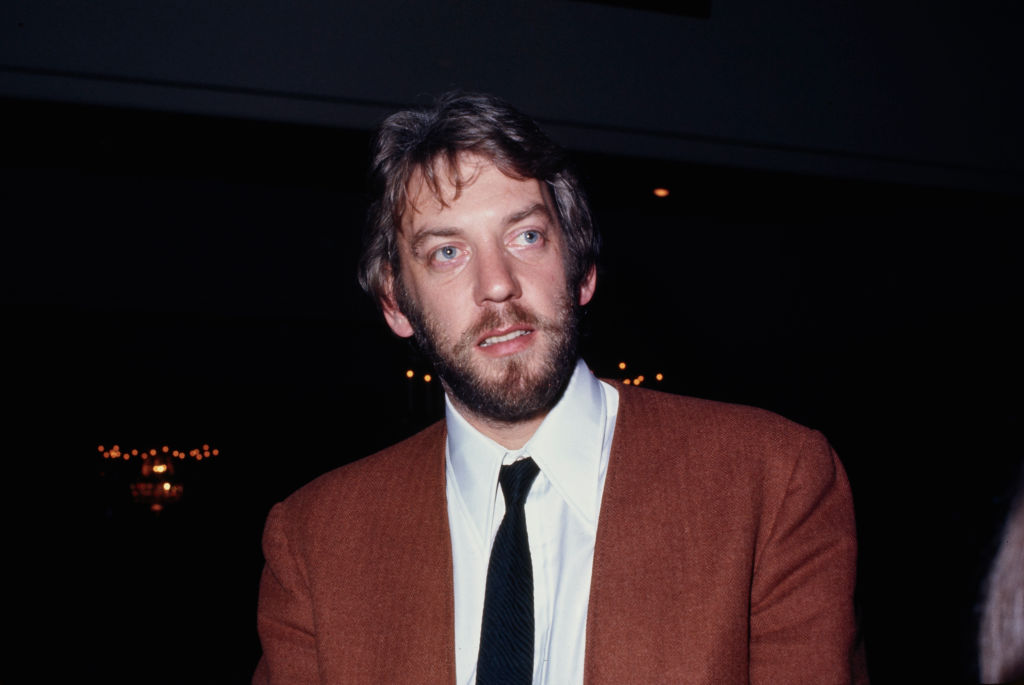 Michael Ochs Archives, Getty Images
Michael Ochs Archives, Getty Images
4. He Came To His Senses
Sutherland’s career had a false start with an interest in puppetry, joining the Puppet Club in high school. He then got serious and decided on engineering. But while at university in Toronto, he got the acting bug and added a second major in drama.
Eventually, he was going to need to choose between the two disciplines. In 1957, he made his choice—and it prompted a big move.
 alexander.s.farley, CC BY 2.0, Wikimedia Commons
alexander.s.farley, CC BY 2.0, Wikimedia Commons
5. He Quit
Drama won over engineering, and it led Sutherland to London, England, where he signed up for the London Academy of Music and Dramatic Art. After a year he gave up on school—but it was for a very good reason. Sutherland had already started getting roles in London’s West End.
Doing theater was great, but soon the world of film was calling his name.
6. He Got A Strange Offer
Producer Paul Maslansky saw Sutherland act in London and wanted him for a role in a film. Likely Sutherland thought this was his big break, but then reality set in. What Maslansky wanted Sutherland for was a low budget Italian horror film called Castle of the Living Dead.
The offer was to play multiple roles, get $40 a week, and sleep on the director’s couch. That was good enough for Sutherland. He said goodbye to the stage and hello to low-budget horror.
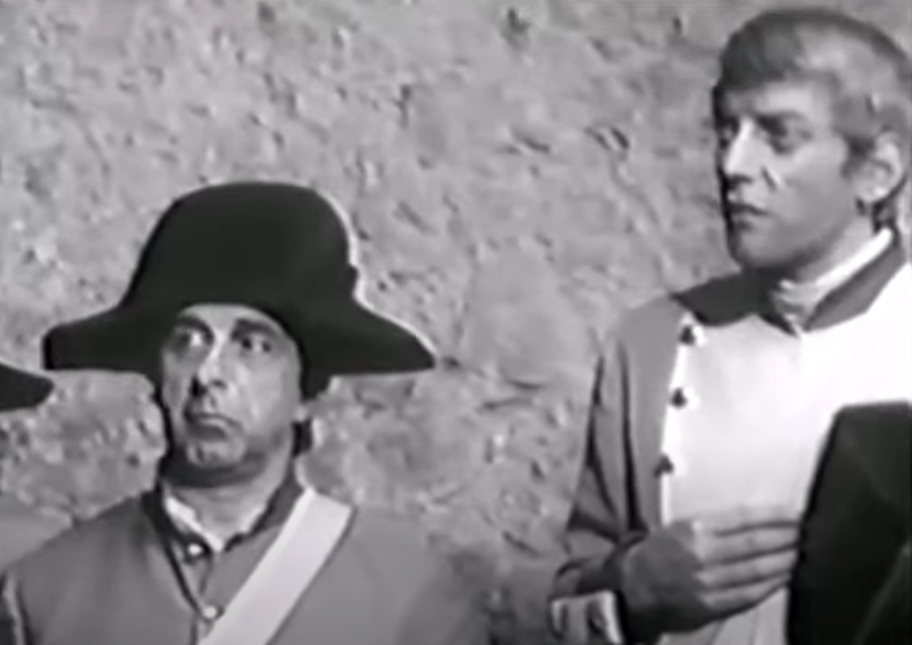 Serena, The Castle of the Living Dead (1964)
Serena, The Castle of the Living Dead (1964)
7. It Didn’t Lose
In the end, the film with Malansky only broke even, so it didn't exactly boost Sutherland to movie stardom—but it did introduce horror film lovers to him, apparently they liked him what they saw. He followed up this film with Dr Terror’s House of Horrors and other scary movies.
Making these films was probably a lot of fun—Sutherland's love of horror films would persist for the rest of his career—but he was about to need a much healthier paycheck.
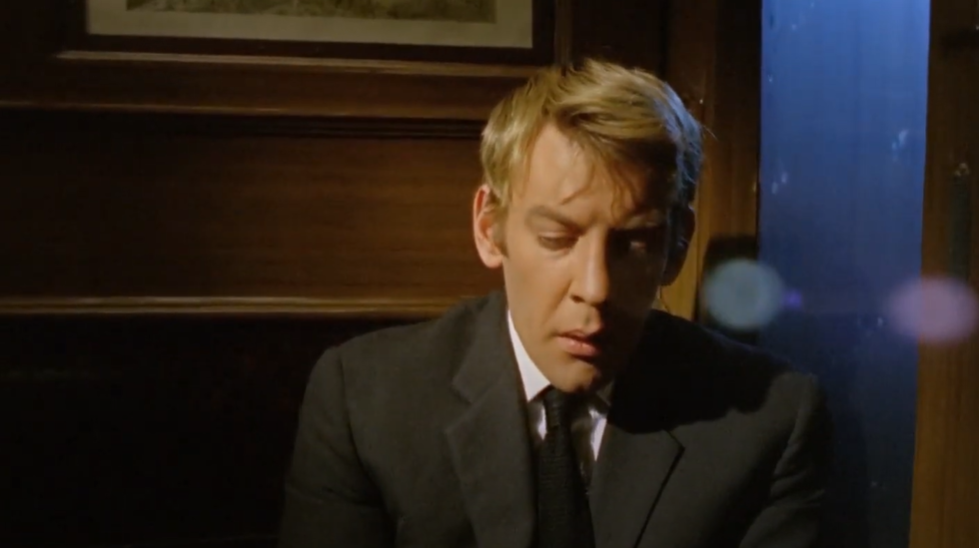 Amicus Productions, Dr. Terror's House of Horrors (1965)
Amicus Productions, Dr. Terror's House of Horrors (1965)
8. He Had A Dilemma
Back in 1959 Sutherland had married school teacher Lois May Hardwick. When that marriage ended in divorce, Sutherland married fellow Canadian actor Shirley Douglas. While living in the UK, the couple were preparing to welcome a baby into their little family. When it turned out to be twins, Sutherland had a dilemma.
Now, he wasn't just paying for the divorce—he'd have to feed a family of four on an actor’s salary. But lucky for him, that's exactly when he got a break from a surprising source.
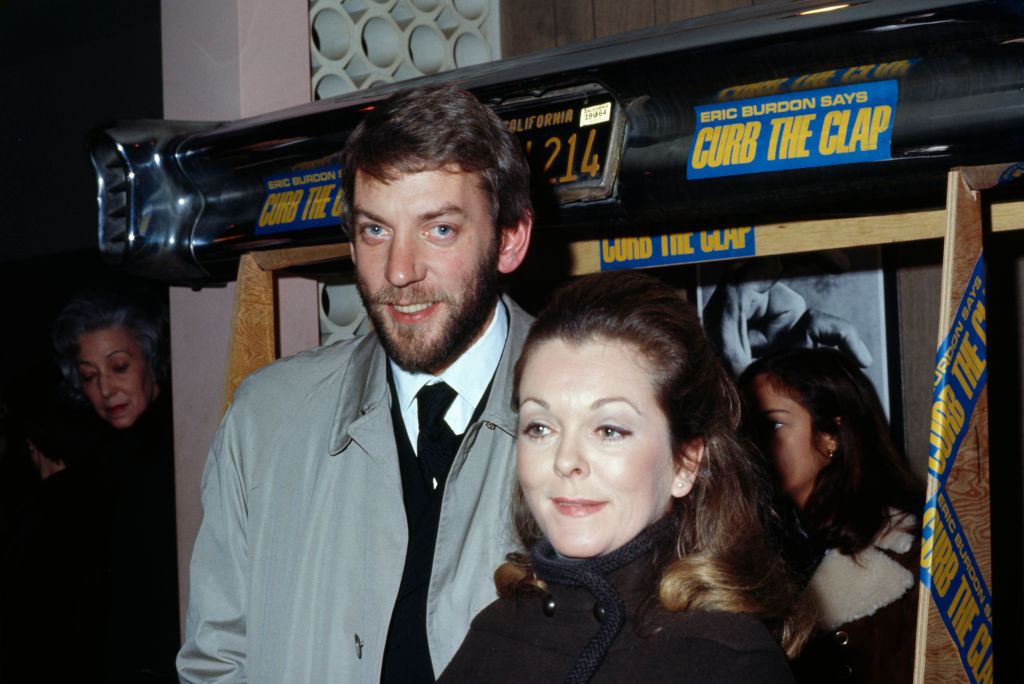 Michael Ochs Archives, Getty Images
Michael Ochs Archives, Getty Images
9. He Got A Boost
Through his work on TV and film, Sutherland had met fellow Canadian—and The Sound of Music star—Christopher Plummer. Plummer, who barely knew Sutherland, saw another young actor who just needed a little help.
Plummer graciously gave Sutherland $5000 as an investment in his career. With this financial boost. Sutherland was ready to take Hollywood by storm.
 20th Century Fox, Wikimedia Commons
20th Century Fox, Wikimedia Commons
10. He Was Ready To Fight
In 1967, Sutherland did an episode of The Saint, starring future James Bond portrayer Roger Moore, who also directed the episode. Sutherland must have been quite proud of his work, because he asked Moore if he could get a cut of the episode. Sutherland armed himself with the reel of his work, and the money from Plummer.
There was a role he was after and he was ready to fight for it.
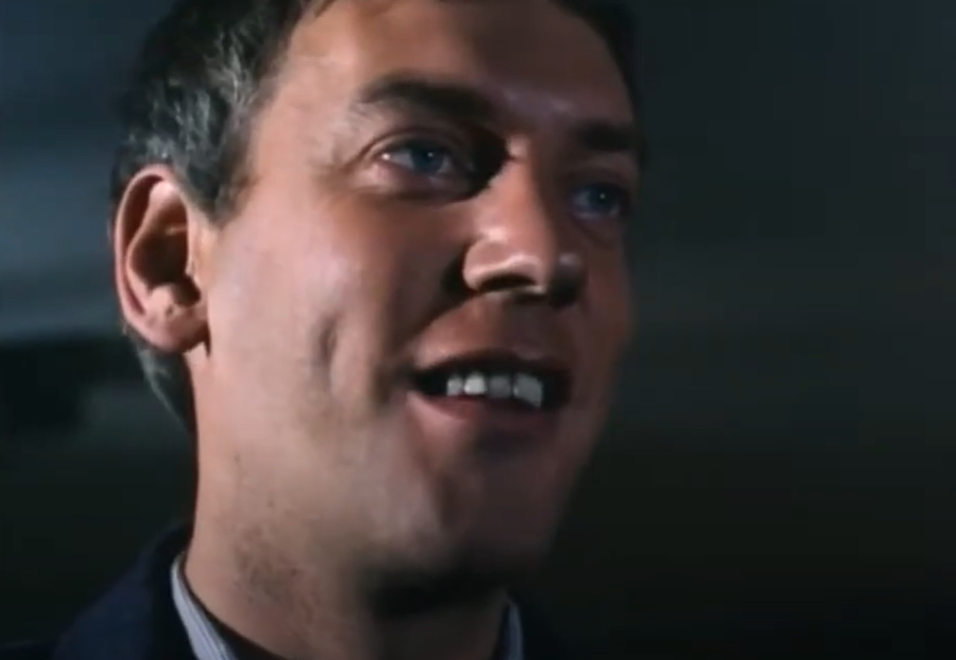 Incorporated Television Company, The Saint (1962–1969)
Incorporated Television Company, The Saint (1962–1969)
11. He Barely Got In
The role Sutherland had his eye on was in Lee Marvin's WWII film The Dirty Dozen. I guess he figured with a cast that size, even an unknown like him had a good chance. Plus, he had another edge: The American movie was shooting in the UK—where Sutherland already was.
He still didn't make the cut—but lukcy for him, another actor had to drop out. Finally, it was time for Sutherland to step up. Now, he just had to see if he could hold his own against some of the toughest movie stars in Hollywood.
12. He Was Among The Stars
Sutherland was now earning $600 per week and acting opposite big stars like Lee Marvin and Charles Bronson. The problem now was trying to stand out next to the other 11 actors. Sutherland would make this happen with his natural charisma and talent—and also a huge dose of luck.
13. He Got A Big Break
There was a pivotal scene in The Dirty Dozen that, in the script anyways, was meant for Sutherland’s costar Clint Walker. Walker told the director that he was uncomfortable doing the scene, so Sutherland got called up. Naturally, he nailed the scene—and it led him to something even bigger than The Dirty Dozen.
14. He Got Noticed
Robert Altman was looking for actors to appear in his film M*A*S*H, about America’s involvement in Korea. Altman wanted someone who could do drama, comedy and, most importantly, adlib dialogue. There was something that Altman saw in that The Dirty Dozen scene that caught his eye.
Sutherland got the role—but he had no clue what he was in for.
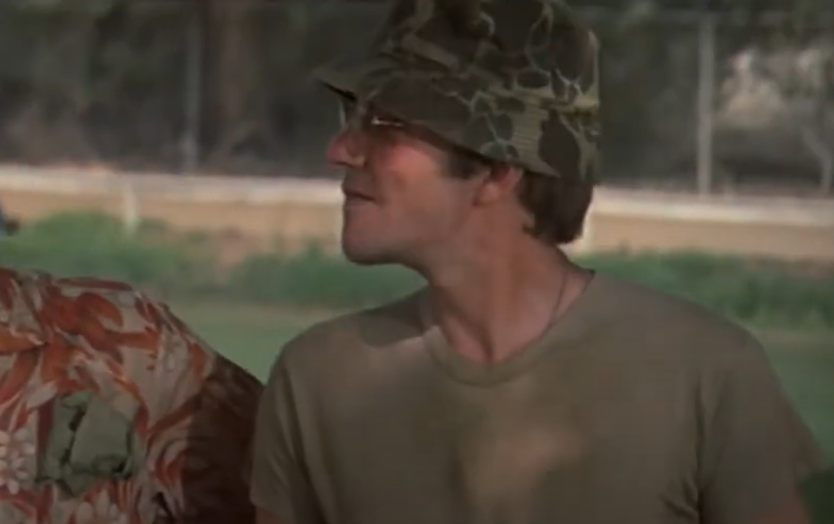 Twentieth Century, M*A*S*H (1970)
Twentieth Century, M*A*S*H (1970)
15. He Made A Demand
When Sutherland showed up for his first day on M*A*S*H, he realized that he'd made a big mistake. Altman’s chaotic directing style didn't just drive him and his co-star Elliott Gould crazy—they actually thought he was ruining the film.
Instead of talking to Altman directly, Sutherland and Gould went to the studio and asked to have Altman replaced. The studio gave the two stars a hard no. Years later, this event would come back to haunt Sutherland.
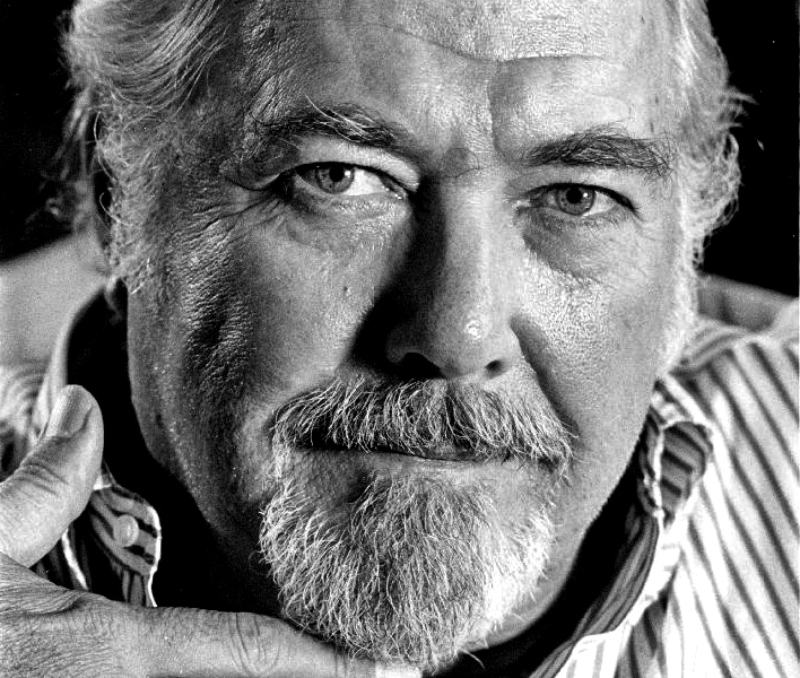 Associate Press Newsfeatures, Wikimedia Commons
Associate Press Newsfeatures, Wikimedia Commons
16. He Didn’t Apologize
As it turned out, Sutherland and Gould were completely wrong about Altman’s directing style. M*A*S*H was a huge hit and went on to be one of 20th Century Fox's most successful films of the early 1970s. It also received five Academy Award nominations—including one for Altman.
Gould saw his error and apologized to Altman. Sutherland never did—and he paid the consequences.
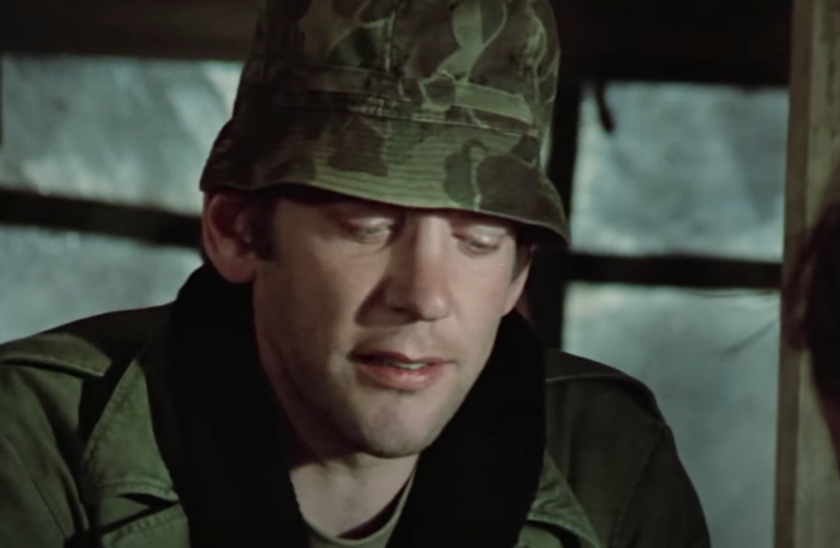 Twentieth Century, M*A*S*H (1970)
Twentieth Century, M*A*S*H (1970)
17. He Never Got Asked Again
Gould had apologized to Altman and his reward was appearing in more of Altman’s films. Sutherland had lost favor and never worked with the director again. No matter, Sutherland had more than his share of offers. His next film saw him again in a uniform—but once again, there would be more than enough trouble on set.
18. They Were Apart
Next up for Sutherland was the star-studded Kelly’s Heroes. This WWII film was a drama, a comedy, and even a heist film thrown in for good measure. More importantly, they were filming it in Yugoslavia and Sutherland would be away from his wife Douglas. While he was working on the film, he got some disturbing news from back home.
19. He Got Some Disturbing News
While filming Kelly’s Heroes, Sutherland’s co-star Clint Eastwood approached him with some bad news: Back in Los Angeles, FBI officials had taken Sutherland’s wife in for an outrageous reason: She had tried to purchase explosives. What made matters worse was that she’d tried to buy them from undercover FBI agents.
The next part of the story, Eastwood could not tell without losing his cool.
20. He Couldn’t Believe It
Sutherland knew that his wife was heavily involve in the Civil Rights movement and had connections to the Black Panthers, so he probably could have put two and two together. But what Sutherland couldn’t believe was what Eastwood told him next. Douglas had tried to pay for the explosives with a personal check.
Sutherland loved to tell how Eastwood roared with laughter when he mentioned the check—but he also offered to help Douglas out anyway he could. But this was just the start of Sutherland's nightmare on Kelly’s Heroes.
21. He Got Very Sick
While Sutherland was filming Kelly’s Heroes in Yugoslavia, his wife got a message that no wife ever wants to receive. It said that her husband had become very ill, and that she’d better get to Yugoslavia as soon as she could.
The final line of the message must have sent a chill down her spine: It said that Sutherland likely wouldn't make it until she arrived.
22. He Didn’t Survive
Sutherland had come down with spinal meningitis while in Yugoslavia. This soon deteriorated into a coma, and then Sutherland's heart stopped and he died. Well…at least for five seconds. He did eventually recover and finish making the film. What didn’t survive was his marriage to Douglas. They divorced that same year.
But this was good timing for Sutherland—because he was about to meet the most beautiful woman in Hollywood.
23. He Got An Important Call
After making the mostly forgettable Start the Revolution Without Me, Sutherland landed another huge role. Jane Fonda was riding high off of a recent Academy Award nomination, and Sutherland got the call that he’d be working with her on a thriller called Klute. But for Sutherland, it was more than just a career opportunity.
Like Sutherland, Fonda was a passionate activist. It was inevitable that sparks would fly.
24. It Was A FWB Situation
Sparks did fly between Sutherland and Fonda, both on and off camera. The newly divorced Sutherland and the recently-separated Fonda quickly began an affair. Rumor had it that this was a “friends with benefits” situation—but there was more to this pairing than just animal attraction.
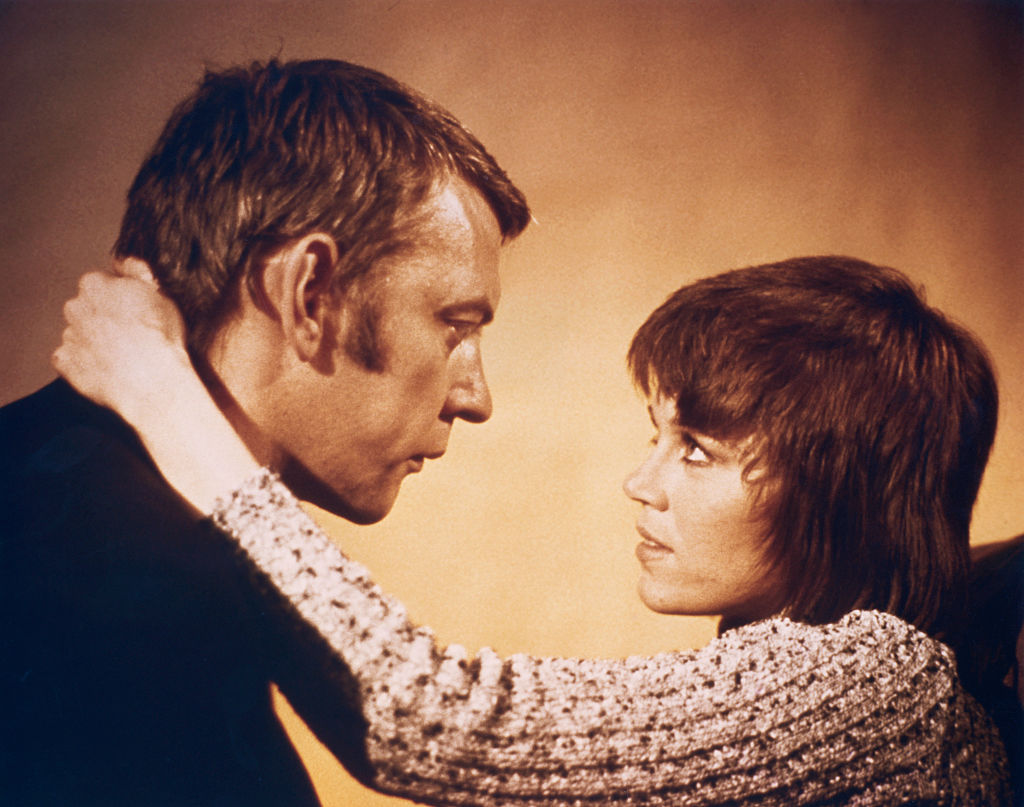 Sunset Boulevard, Getty Images
Sunset Boulevard, Getty Images
25. He Got Into Controversy
Once they got out of bed, Sutherland and Fonda went to work together. They made FTA, a documentary about the show they performed for American GIs. The film sparked controversy because, unlike other similar tours, this one was fiercely critical of America's involvement in Vietnam.
The heat continued after FTA, and the Friends With Benefits were ready to make film number three together. Could they hit the hat trick of cinematic success?
26. It Was The Last One
Next, Sutherland and Fonda would team up for the comedy Steelyard Blues, and it went over like a lead balloon. This forgettable film came and went—and with it went their spicy affair. Fonda moved on to activist Tom Hayden, and Sutherland quickly married Canadian actor Francine Racette.
But Racette was about to learn the hard way that being with Donald Sutherland came with...complications.
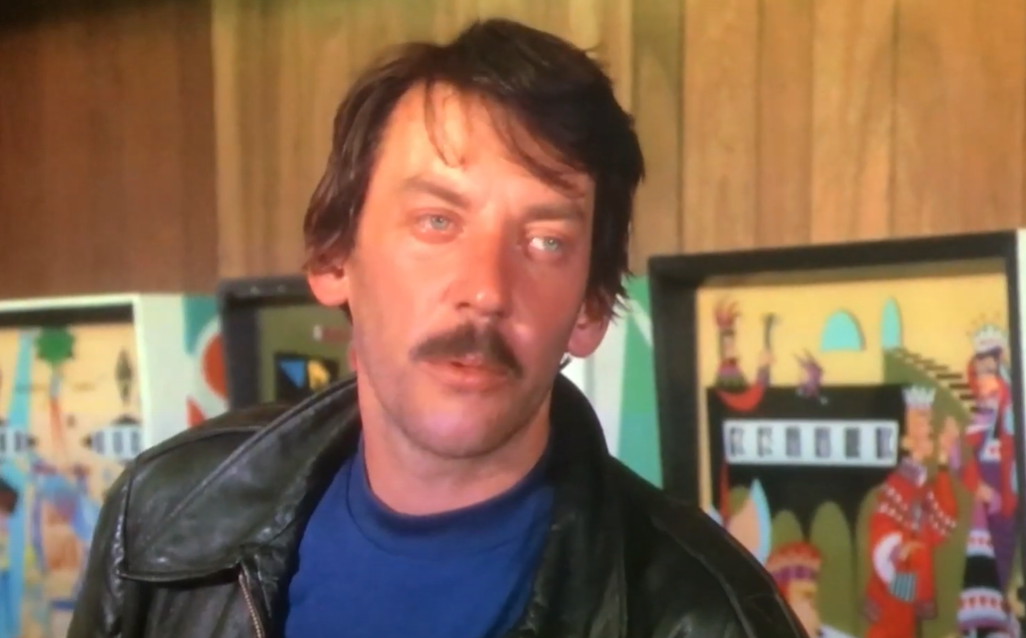 Warner Bros., Steelyard Blues (1973)
Warner Bros., Steelyard Blues (1973)
27. He Went Back To Horror
British director Nicolas Roeg had an idea for a film, and he knew exactly who he wanted to star in it: Donald Sutherland and Julie Christie. The idea was the horror film Don’t Look Now. With his schlocky horror roots, Sutherland was a natural fit—but nothing could have prepared him for this part.
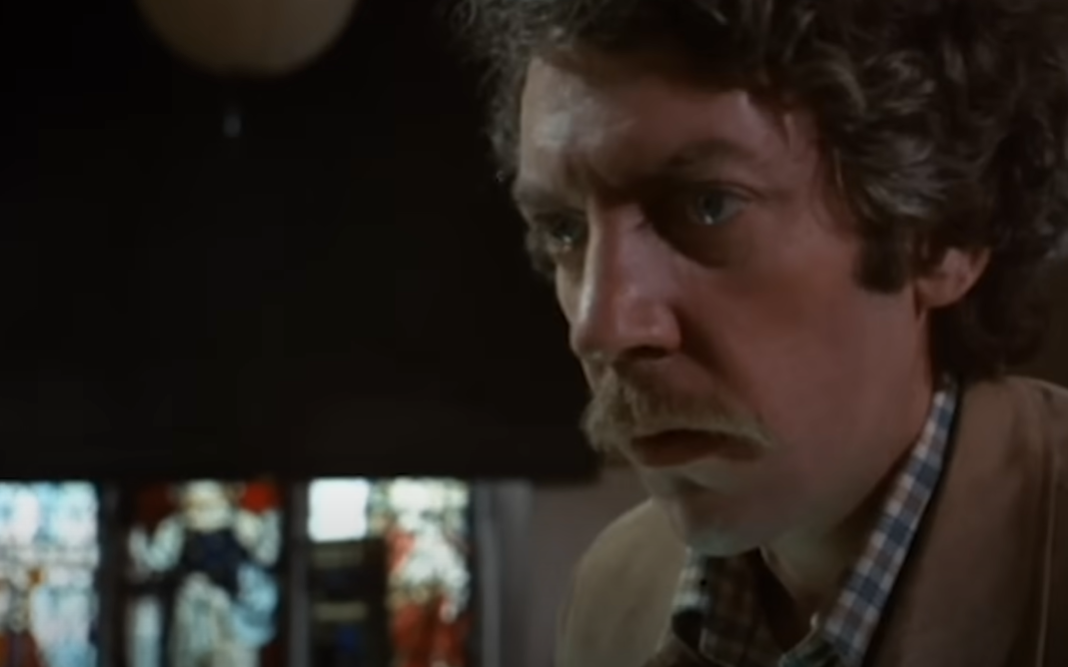 D.L.N. Ventures Partnership, Don't Look Now (1973)
D.L.N. Ventures Partnership, Don't Look Now (1973)
28. He Had To Undress
Sutherland and Christie had never met before filming, and that gave the director a brilliant (note: terrible) idea: The very first thing they film should be the love scene, just to "get it out of the way". So Sutherland and Christie had never met, and now first thing in the morning on day one they're suddenly sans clothes and taking directions from a shouting Roeg on how to make love.
This scene would go on to have a life of its own.
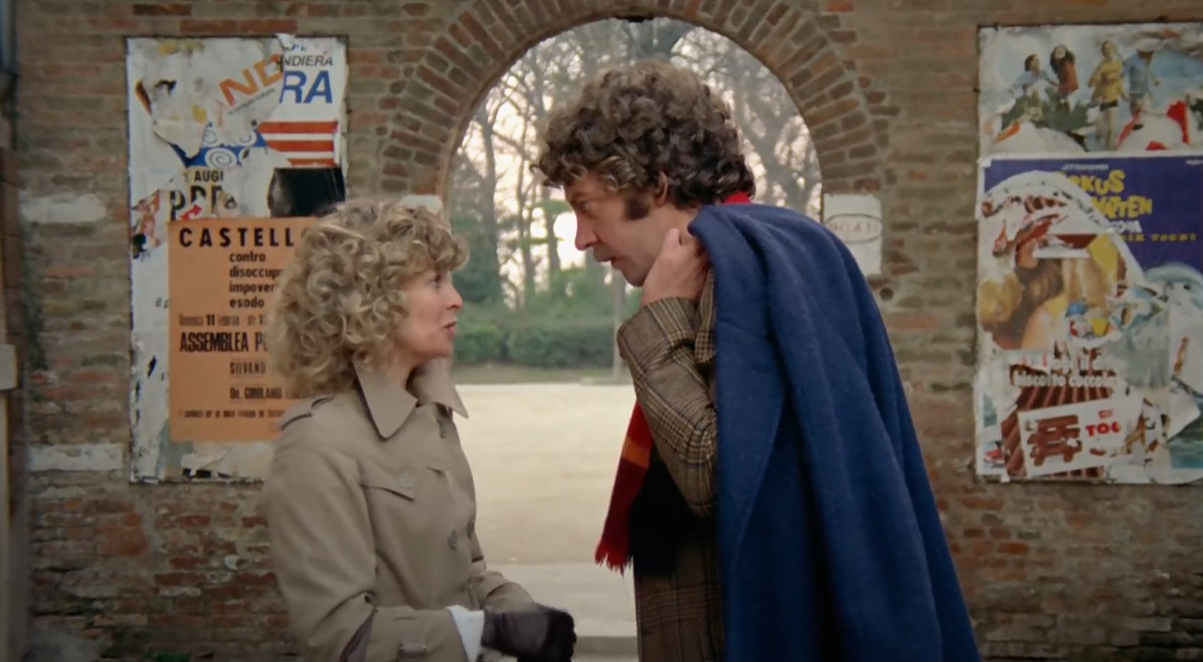 D.L.N. Ventures Partnership, Don't Look Now (1973)
D.L.N. Ventures Partnership, Don't Look Now (1973)
29. They Had To Cut It
The love scene between Sutherland and Christie in Don’t Look Now immediately became infamous. Before it even hit theaters they had to cut nine frames just so the movie wouldn’t get an X rating. For Irish audiences they had to cut the entire scene.
Next, were the rumors. Someone started saying that in the scene, Sutherland and Christie were actually making love. If this was true, Sutherland had a lot of explaining to do.
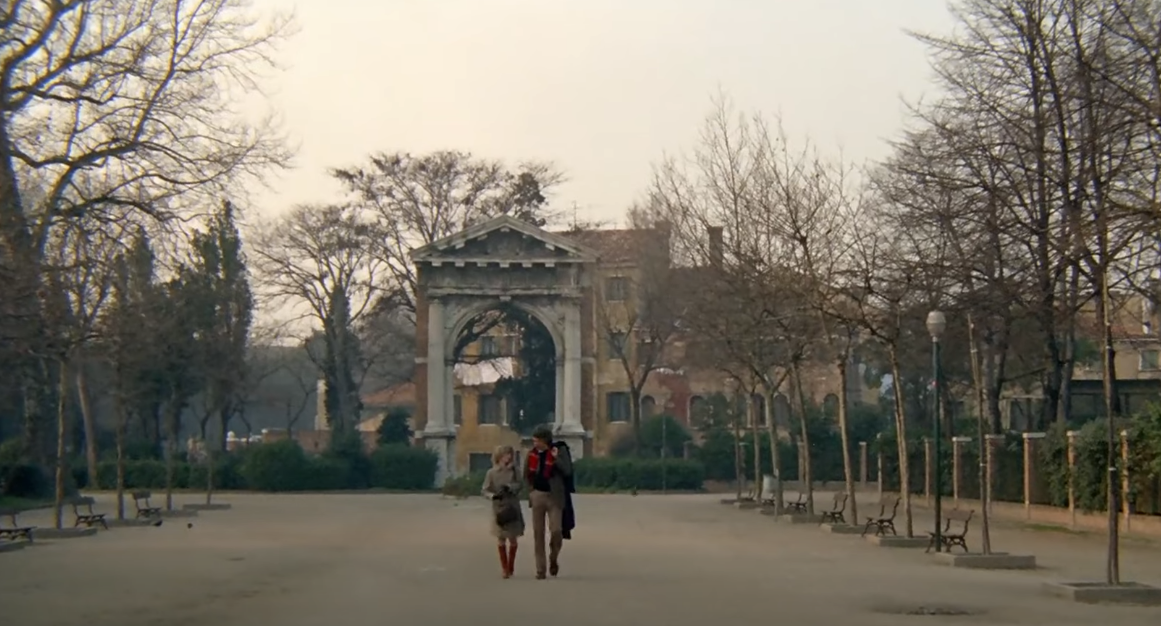 D.L.N. Ventures Partnership, Don't Look Now (1973)
D.L.N. Ventures Partnership, Don't Look Now (1973)
30. He Wasn’t There
The rumors about Christie and Sutherland were set ablaze when producer Peter Bart said that what he saw on the set of Don’t Look Now was two people making love. This rumor got enough traction that Christie’s boyfriend Warren Beaty, punched Roeg in the face over it—but it wasn’t even true.
Sutherland later said that Bart wasn’t even in the room. It was just him, Christie, Roeg and the cinematographer.
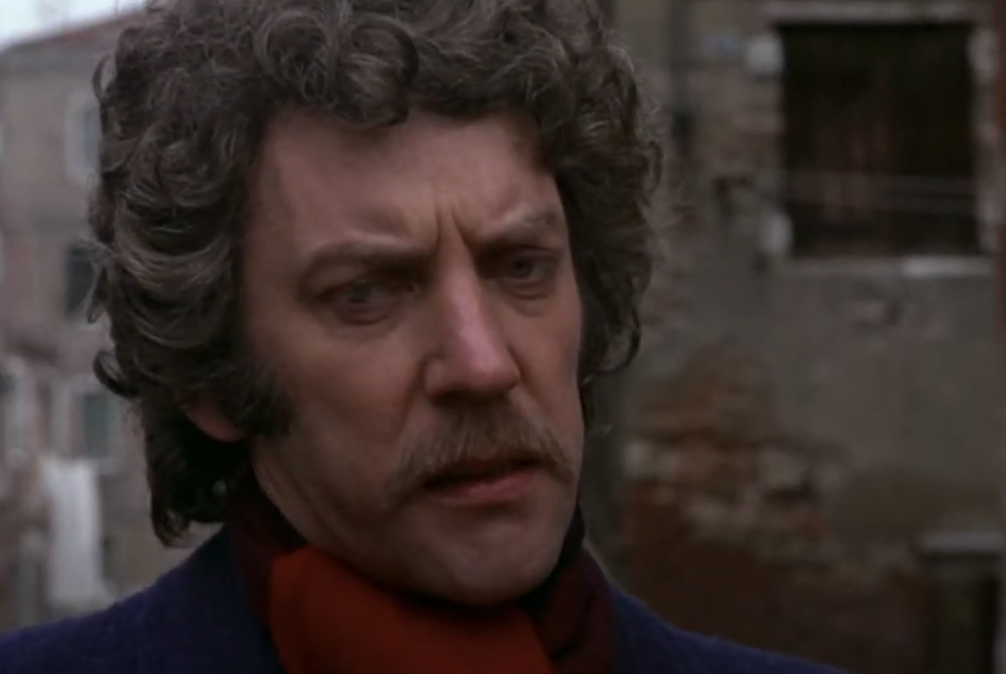 D.L.N. Ventures Partnership, Don't Look Now (1973)
D.L.N. Ventures Partnership, Don't Look Now (1973)
31. He Made A Promise
On Kelly’s Heroes, Sutherland had met a lowly production assistant who bragged to Sutherland that he'd be a big director one day. Sutherland told the production assistant that he would be in all of his movies, likely thinking it would come to nothing. He should have been more careful with his words.
This production assistant was John Landis, and he came back to make sure Sutherland kept his promise.
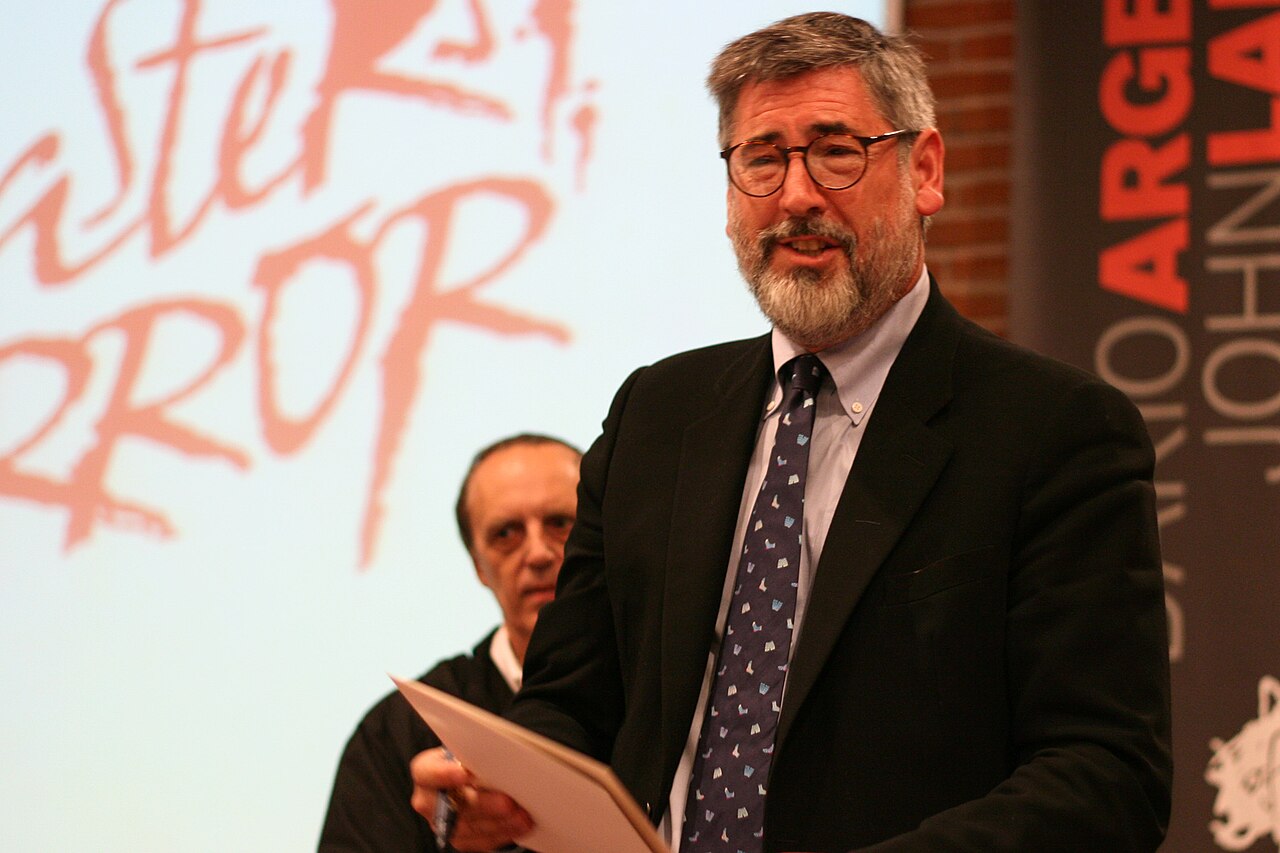 Giorgio Montersino, CC BY-SA 2.0, Wikimedia Commons
Giorgio Montersino, CC BY-SA 2.0, Wikimedia Commons
32. It Was Silly
When Sutherland saw the script for Landis’ first film, he may have regretted making his promise. The film was Kentucky Fried Movie and it was an anthology of silly sketches. Not only that, the rest of the cast didn’t quite measure up to Sutherland’s respectability as an actor.
Not surprisingly, the critics didn’t think much of this movie, but something did come of it. Landis’ next movie would make Sutherland part of a legend.
33. He Kept His Promise
Sutherland has said that he avoided working with the same director twice, but he broke this for his friend Landis. What the young director was offering now was National Lampoon’s Animal House. Again this looked like a silly movie, but Sutherland was good on his word.
For his work on the movie, Landis offered Sutherland a payment of $75,000 or a percentage of the box office. Sutherland’s decision would go down in Hollywood history.
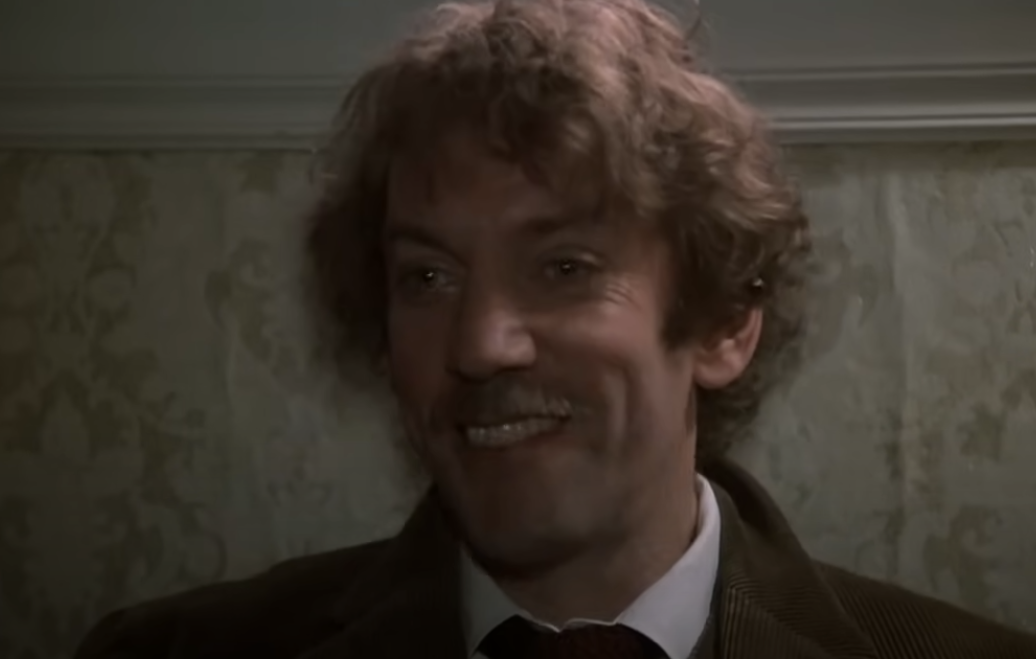 Universal, National Lampoon's Animal House (1978)
Universal, National Lampoon's Animal House (1978)
34. He Made A Bad Decision
Sutherland took the check over a percentage and summed up his experience on the film as a really good time. But it could have been so much more. You see, Animal House became a classic comedy that ended up grossing over $141 million. If Sutherland had taken the percentage of the box office, he would have earned an extra $14 million.
Sutherland would now go from idiotic hilarity to one of the most depressing films of the decade.
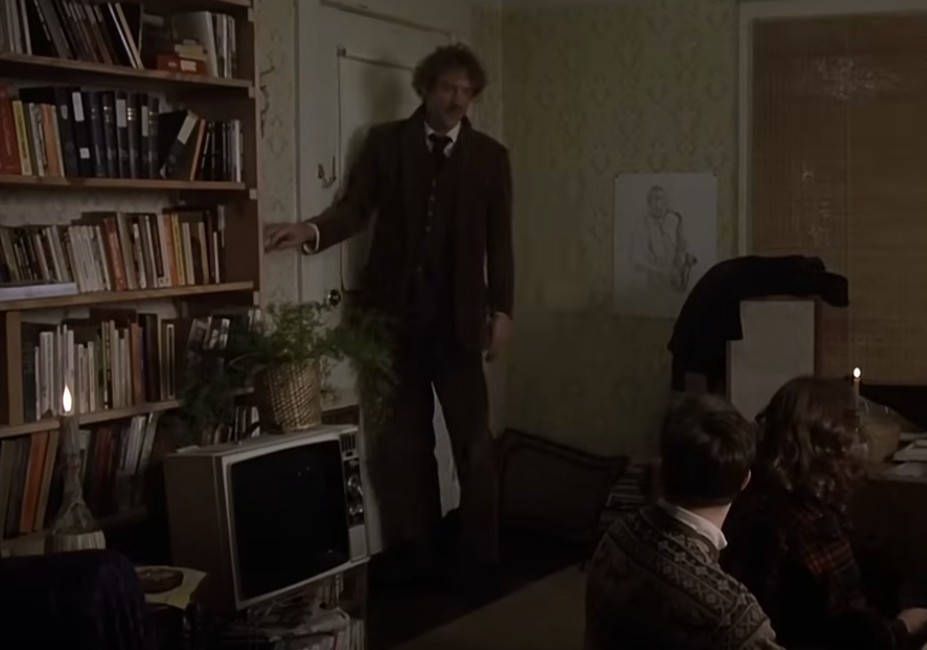 Universal, National Lampoon's Animal House (1978)
Universal, National Lampoon's Animal House (1978)
35. He Did It Twice
Sutherland had already portrayed a father dealing with the loss of a child in Don’t Look Now, so when Ordinary People came along, he was ready. This was a bleak tale that had the added excitement of having Robert Redford as a director and the always smiling sitcom star Mary Tyler Moore playing completely against type.
Ordinary People was a huge hit—and awards season was just around the corner.
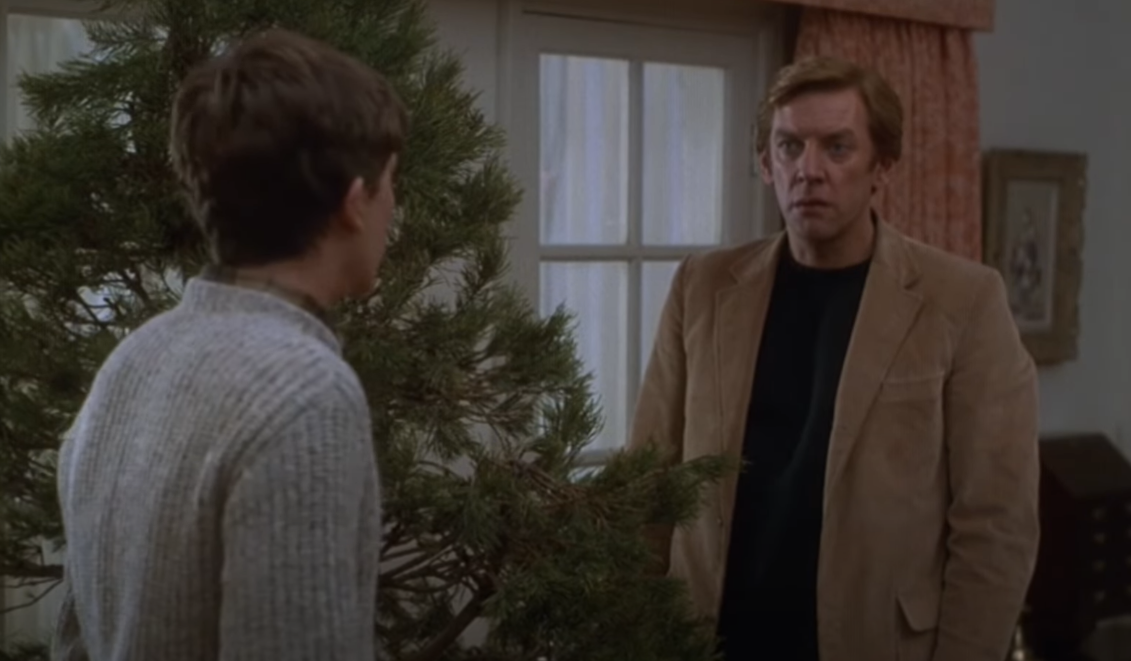 Paramount, Ordinary People (1980)
Paramount, Ordinary People (1980)
36. They Forgot Him
Ordinary People had wowed audiences, and everyone expected the Academy to shower it with nominations. Sure enough there were six Academy Award nods, including ones for Moore, Timothy Hutton, Redford, Judd Hirsch, and the writer of the film. Missing in action was Sutherland. The film took home five trophies on awards night.
As a consolation, Sutherland got a Golden Globe nomination, which he lost. There was, perhaps, a reason why the Academy overlooked Sutherland for this role.
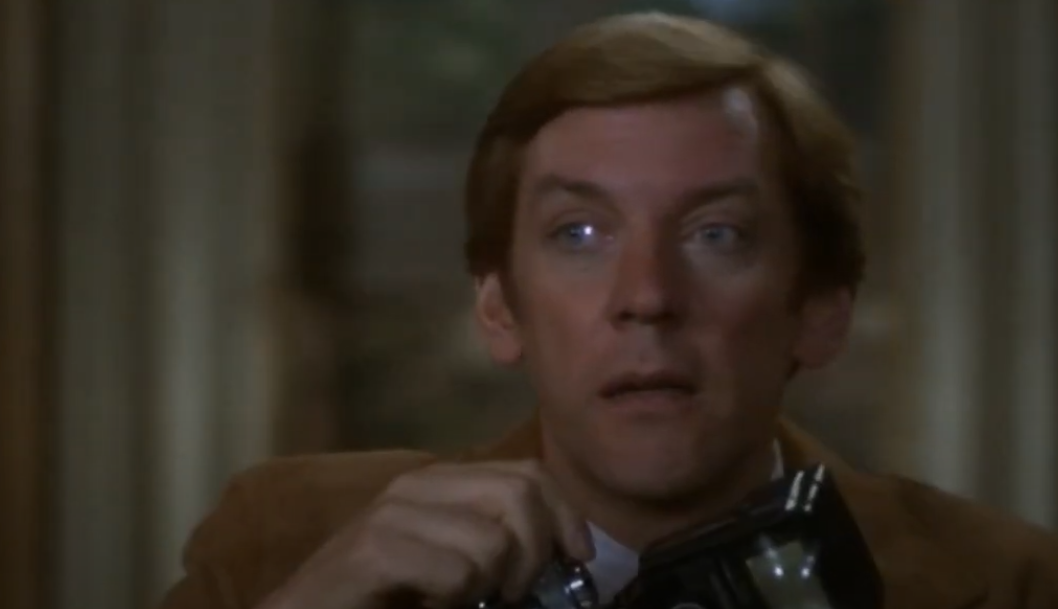 Paramount, Ordinary People (1980)
Paramount, Ordinary People (1980)
37. He Wasn’t Interesting
When Redford first started preparing for Ordinary People, the studio wanted him to play the lead male role. Redford declined, and the role eventually went to Sutherland, who was happy to be playing something that wasn’t his usual “oddball” character. But there's a twist: Redford later said that he had declined because the character was “not interesting to him”. Well, I guess he wasn’t interesting to the members of the Academy either.
They say that the Academy likes a good accent—just ask Meryl Streep. But Sutherland took this challenge a little too seriously.
38. He Had An Accent Challenge
In 1981, Sutherland signed up for the British WWII thriller The Eye of the Needle. Sutherland had played Germans before, so he knew the accent already. But there was a wrinkle this time: His character had to pretend to be British. So, here was Sutherland, a Canadian, playing a German who was pretending to be English. I can only imagine the accent coach throwing their arms in the air.
Sutherland’s next feature would get him no closer to that Oscar win he so craved—but it would almost end the career of his co-star.
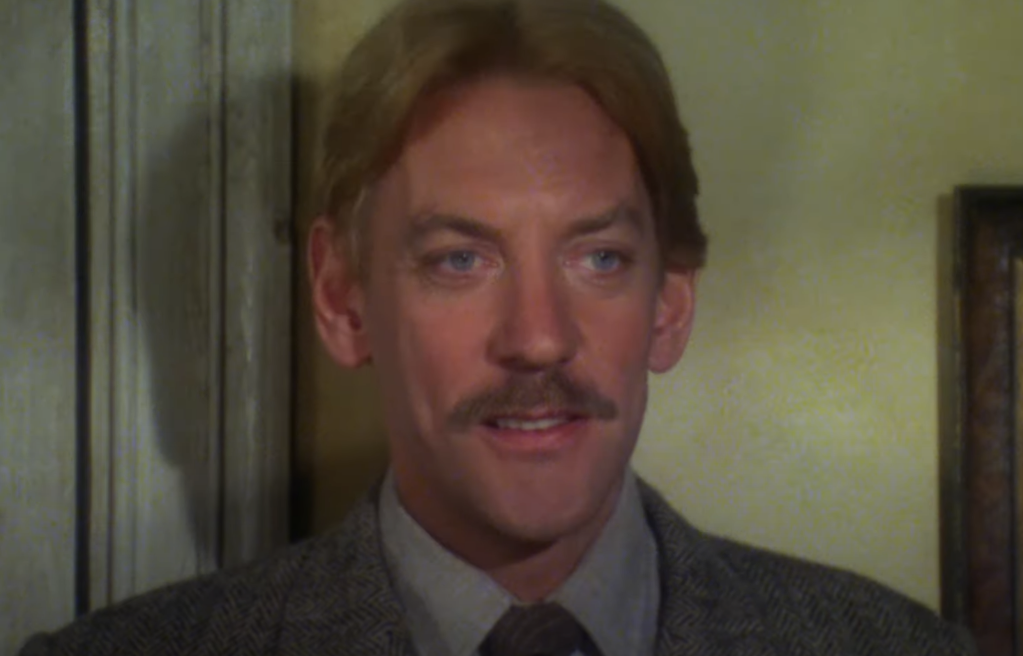 United Artists, Eye of the Needle (1981)
United Artists, Eye of the Needle (1981)
39. He Made A Turkey
In 1985, Sutherland appeared opposite mega star Al Pacino in Revolution. This film was a disaster both critically and financially, earning four Golden Raspberry Award nominations. It was so bad that after its release, Pacino had to stop making movies—at least for four years.
Not Sutherland, though: He just wiped his feet of this turkey and moved on. And what he moved on to was an epic film that had plenty of Oscar buzz.
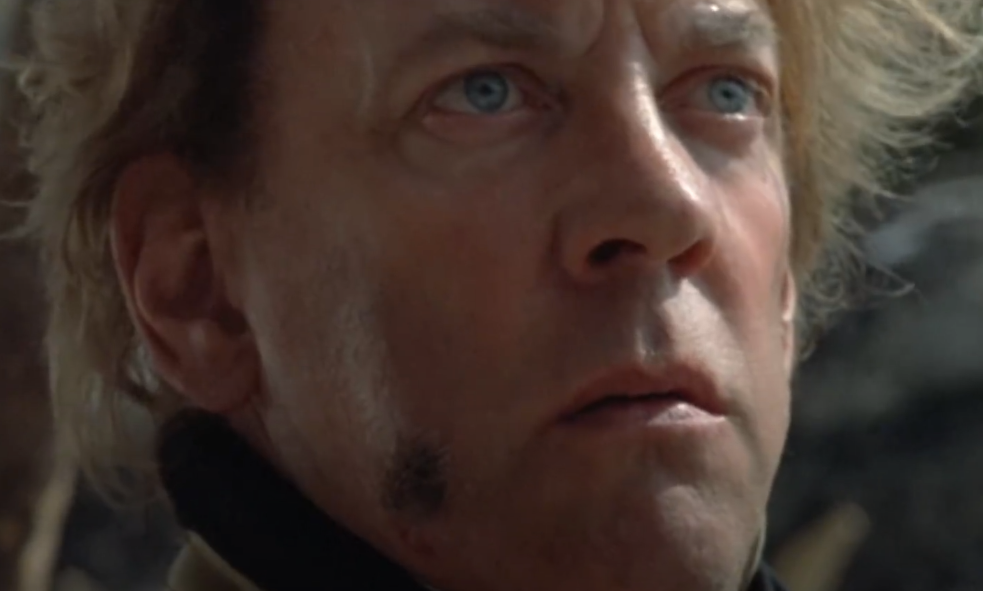 Warner Bros., Revolution (1985)
Warner Bros., Revolution (1985)
40. He Was Long Winded
In 1991, Sutherland joined the star-studded cast of Oliver Stone's JFK. Once again, Sutherland's acting was universally praised in JFK—but when Awards season came along, it was Tommy Lee Jones who got the nod for his supporting role in JFK.
It was time to give up on an Oscar and just do something fun. Well, Sutherland's choice was no fun at all—at least for the writer.
41. He Went Vampire
In 1992, Sutherland, maybe trying to appeal to a younger demographic, appeared in a film that inspired an iconic TV show: Buffy the Vampire Slayer. When Sutherland arrived on set for the campy teen romp, he quickly started rewriting most of his scenes—and it made him a powerful enemy. The writer was Joss Whedon, who was furious at Sutherland for changing his scripts.
Too bad Sutherland made an enemy of Whedon, because some of his films certainly could have used some help with the writing.
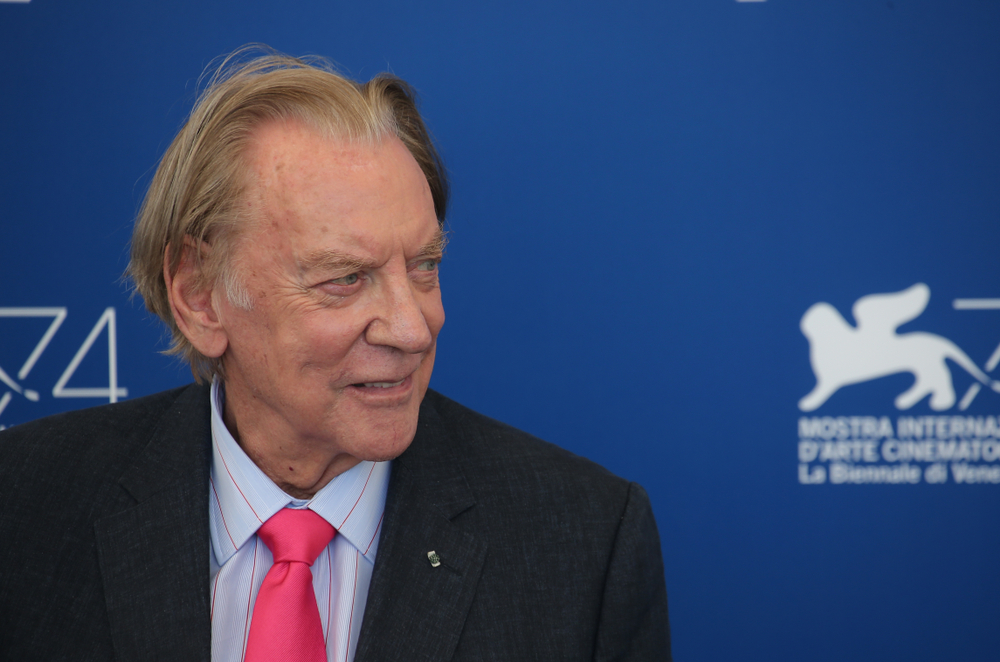 Matteo Chinellato, Shutterstock
Matteo Chinellato, Shutterstock
42. He Returned
In 2005, Sutherland returned to Canada to star in a disturbing miniseries about human trafficking. The twist? The incredibly dark series aired on the incredibly light and fluffy Lifetime Network. Audiences and critics were scandalized, with one critic even calling the film exploitative to women. Sutherland did manage to get nominated for an Emmy, but still no win.
Sutherland was now entering his golden years, and it was time for a franchise.
43. He Joined The Others
In the 21st century, it seems like any actor playing the Hollywood game eventually has to end up in a franchise. For Sutherland, he’d join up with Phillip Seymour Hoffman, Woody Harrelson, and others in The Hunger Games series of films. But if you think that he was just on a money grab, you don’t know Donald Sutherland.
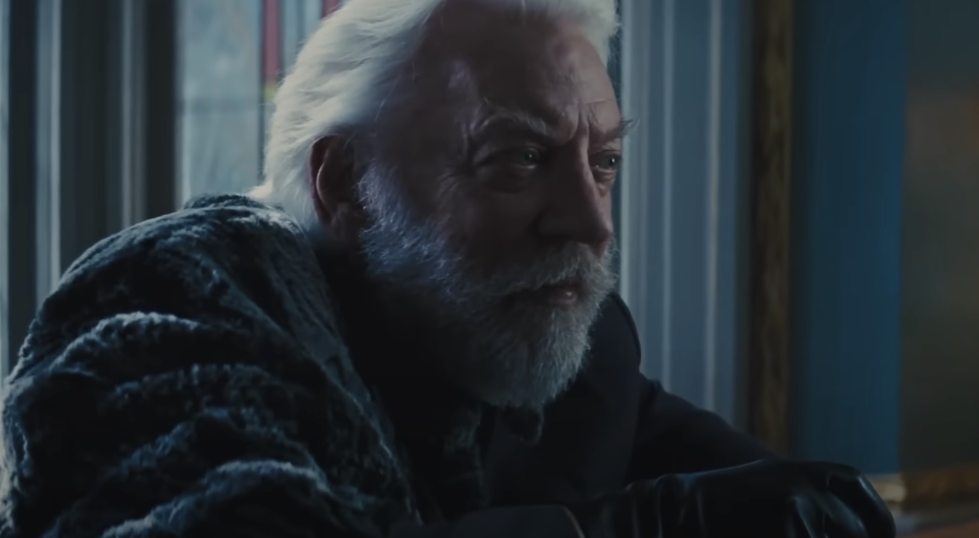 Lionsgate, The Hunger Games (2012)
Lionsgate, The Hunger Games (2012)
44. He Wrote A Long Letter
The truth is that Sutherland was desperate to appear in The Hunger Games series once he read the script for the first movie. He actually wrote a lengthy email telling the director why the films were politically important, and why he should be in them. Director Gary Ross must have been pinching himself. It could only be a dream where a director gets a big name in his film so easily.
The Hunger Games series was important to Sutherland—but his name was important to another game.
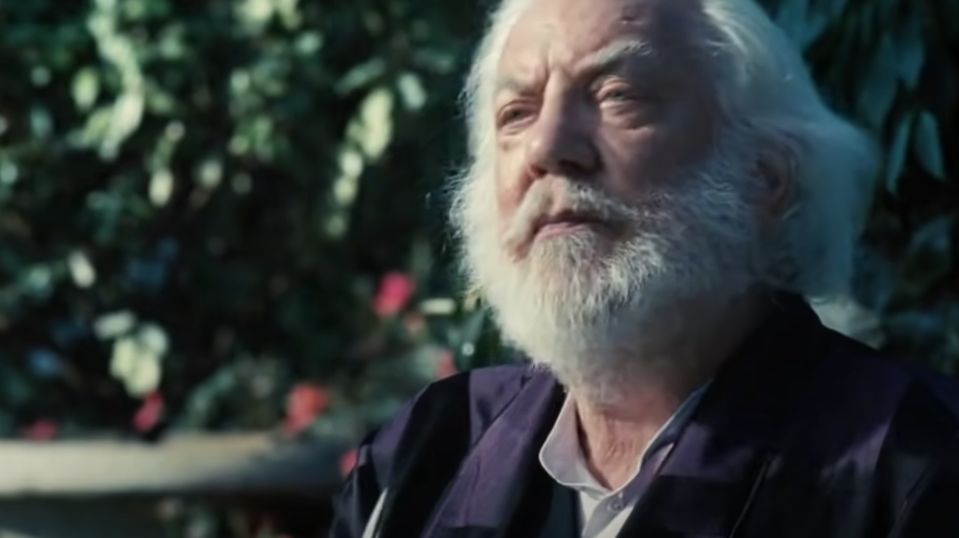 Lionsgate, The Hunger Games (2012)
Lionsgate, The Hunger Games (2012)
45. He Was One Degree From Kevin Bacon
Six Degrees of Kevin Bacon is a game played to link actors to each other and eventually to Kevin Bacon. Ironically, two of the best films to use in this game—because they have huge casts that also include Kevin Bacon—also feature Sutherland. These are National Lampoon’s Animal House and JFK. Weirdly enough, Sutherland also appeared in a film called...Six Degrees of Separation.
Next, we’ll see that Sutherland had a strange way to keep from separating from the important directors he’d worked with.
46. He Used Their Names
In total, Sutherland had four sons and one daughter, and the boys all have interesting names. As it turns out Sutherland chose the boys names based on the directors of films he had made: Kiefer, Roeg, Rossif, and Angus Redford Sutherland all got their names from directors their father had worked with.
Using these directors' names was Sutherland’s way of honoring them. Luckily, there were also many people who wanted to honor Sutherland.
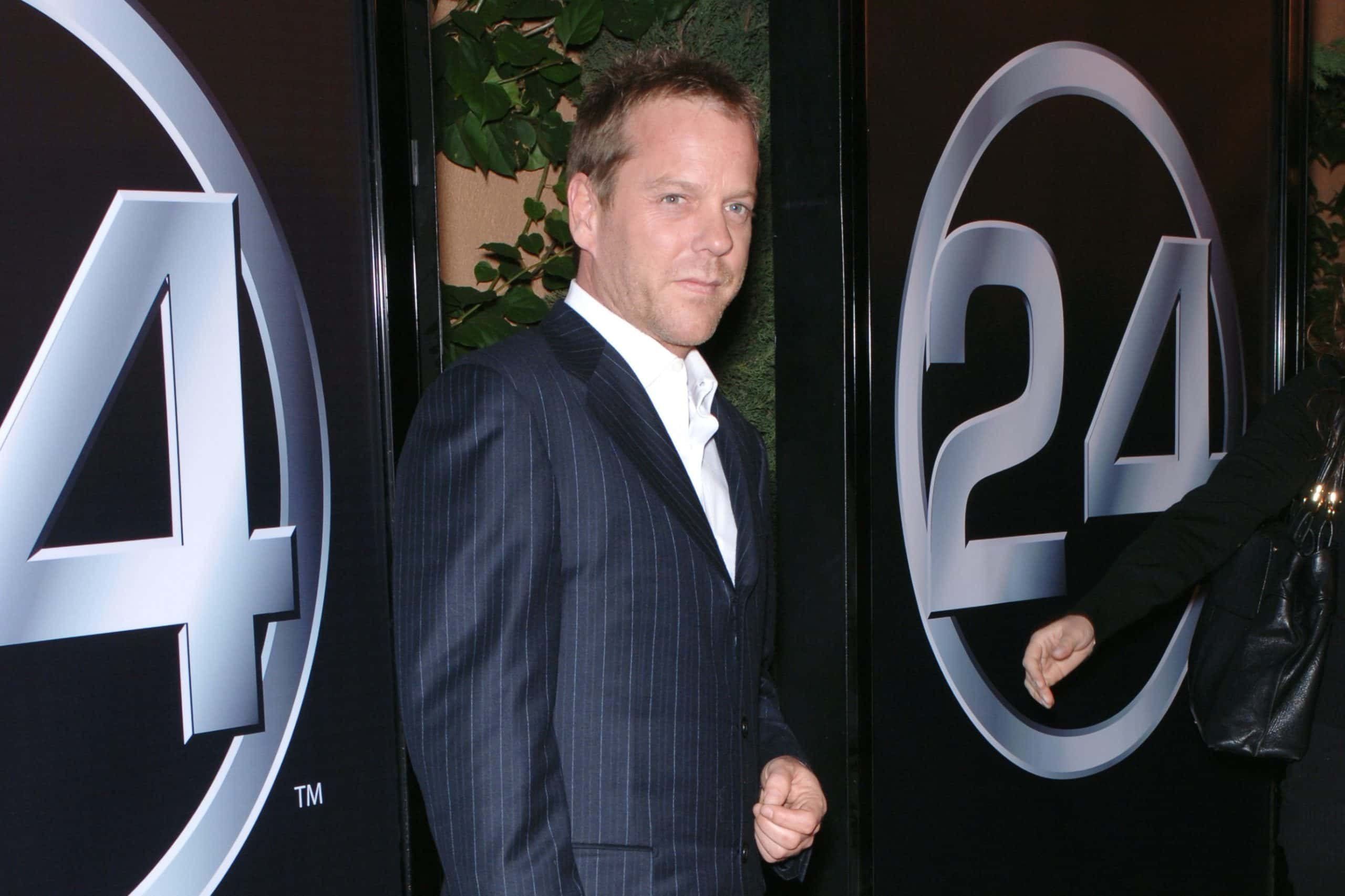 Featureflash Photo Agency, Shutterstock
Featureflash Photo Agency, Shutterstock
47. He Received Praise
In his home country of Canada, Donald Sutherland got a star on the Walk of Fame and a postage stamp. In the US, he has a star on the Hollywood Walk of Fame, a couple of Golden Globes, and an Emmy. Of course what’s missing from this list is a mention from the Academy of Motion Pictures Arts and Sciences.
For his entire career, it seemed no matter what he did, the Oscar always eluded him.
48. He Got His Award
Sutherland never received an acting Academy Award, or even a nomination, which seems unlikely to be a coincidence. Maybe a cynic might put it down to his activism, or his ex-wife’s connection to the Black Panther group.
At least the Academy did eventually decide he needed recognition. In 2017, Sutherland received an Academy Honorary Award. Not quite Best Actor, but an honor nonetheless. There may be a reason why the academy had snubbed Sutherland all those years.
49. They Were Watching Him
In 2017, a startling truth came out of recently declassified documents. Because of Sutherland's anti-Vietnam activities, the CIA had put his name on a list. This was the National Security Agency’s watchlist. He was on this list from 1971-1973.
This didn’t stop Sutherland from being an activist. He later spoke out against the US invasion of Iraq. If Sutherland had any regrets in his life, it was time to look at them now.
50. He Had A Year
Sutherland was never one to spend a lot of time processing his career. In 2023, he said that it was finally time to start going over his life and the work he’d done. As it turned out, he only had a year to do that. Sutherland passed following a long illness on June 20, 2024. He was 88 years old.
Fans will certainly miss Sutherland—but let’s not forget his family.
51. He Didn’t Know
Kiefer Sutherland said it took him a long time to realize how famous his father actually was. By the time Kiefer was 18 years old, he hadn’t seen most of his father’s movies. If this seems strange, you have to consider something. Most of Sutherland’s early films were R rated and Kiefer was too young to watch them.
In 2015, Sutherland and his son appeared together as father and son in the western Forsaken.
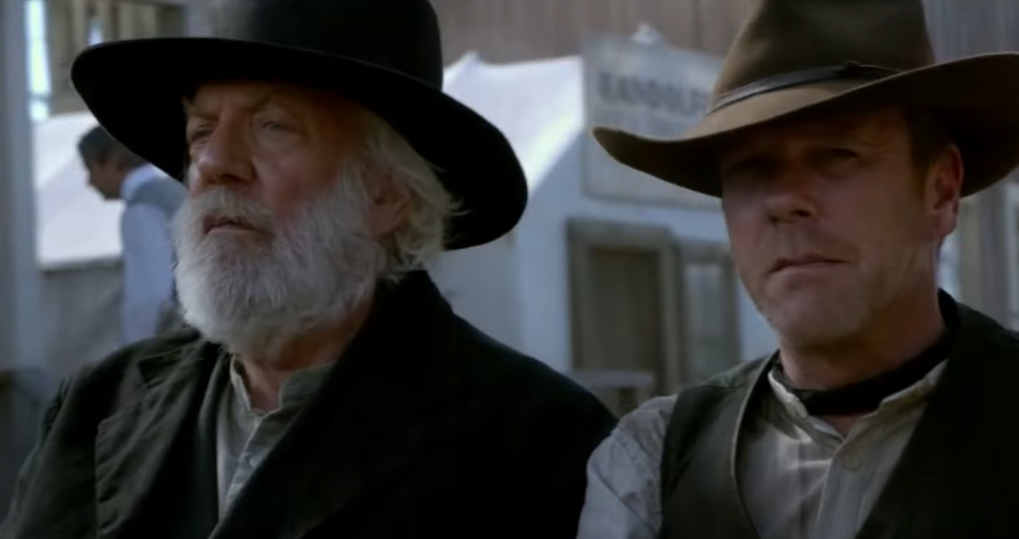 Minds Eye Entertainment, Forsaken (2015)
Minds Eye Entertainment, Forsaken (2015)

